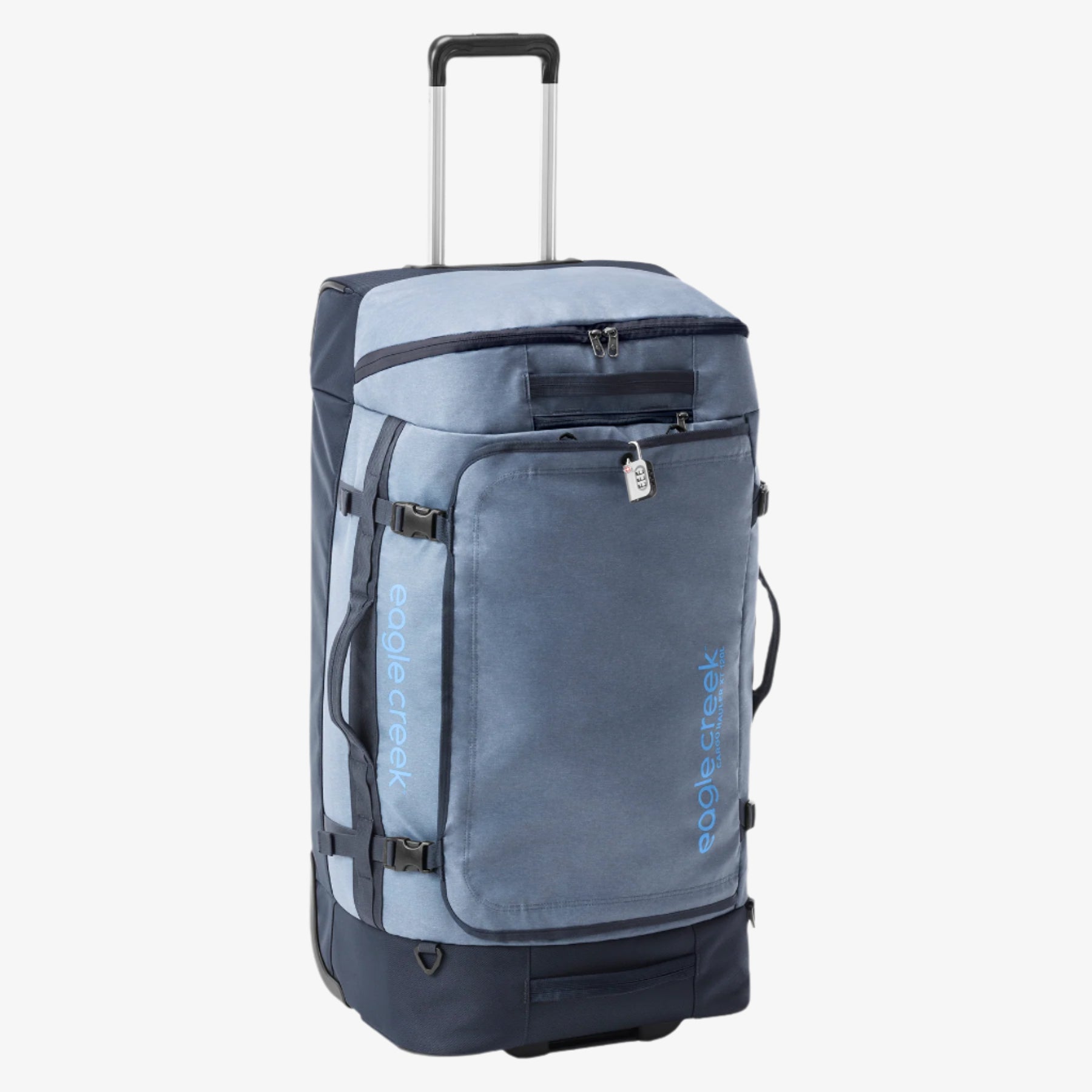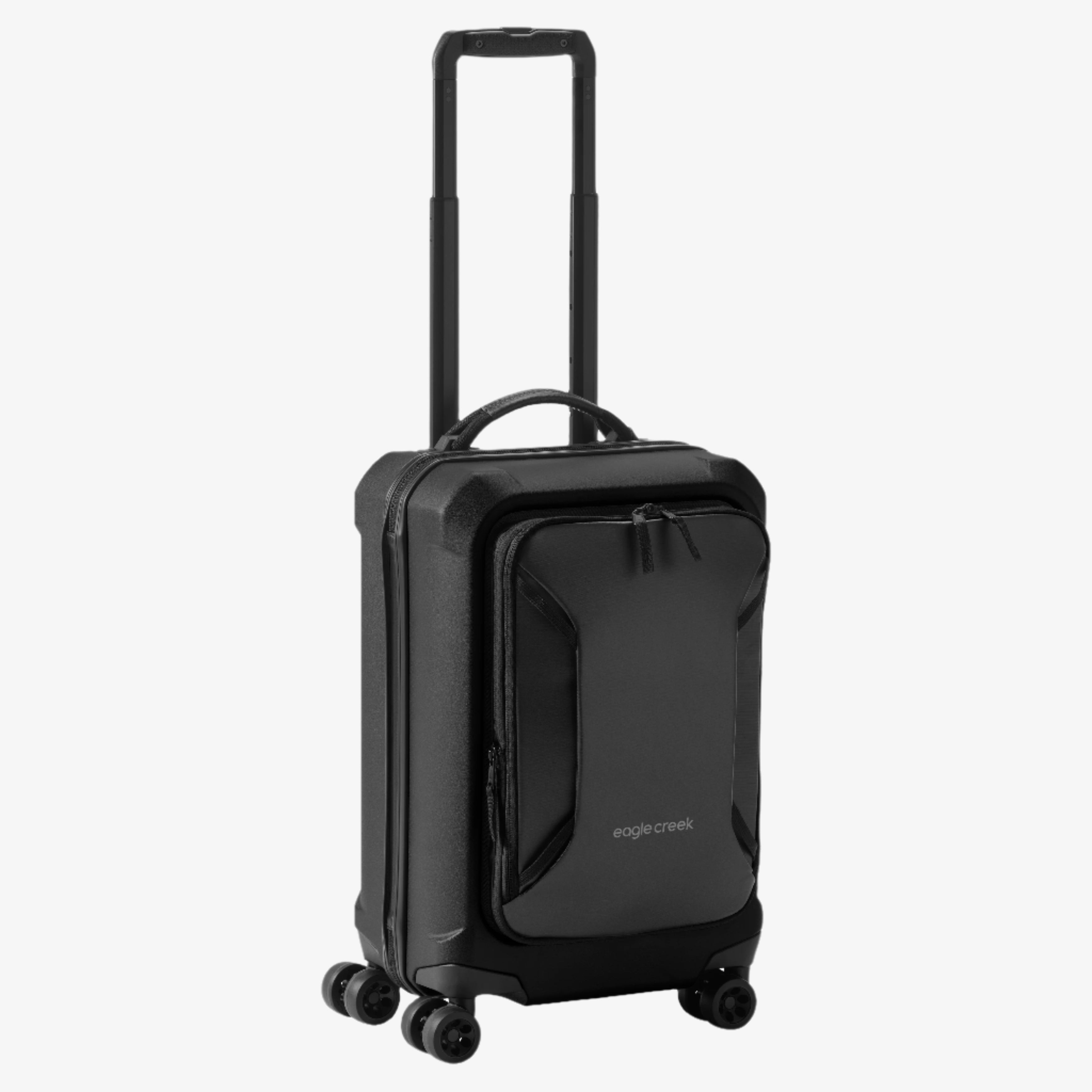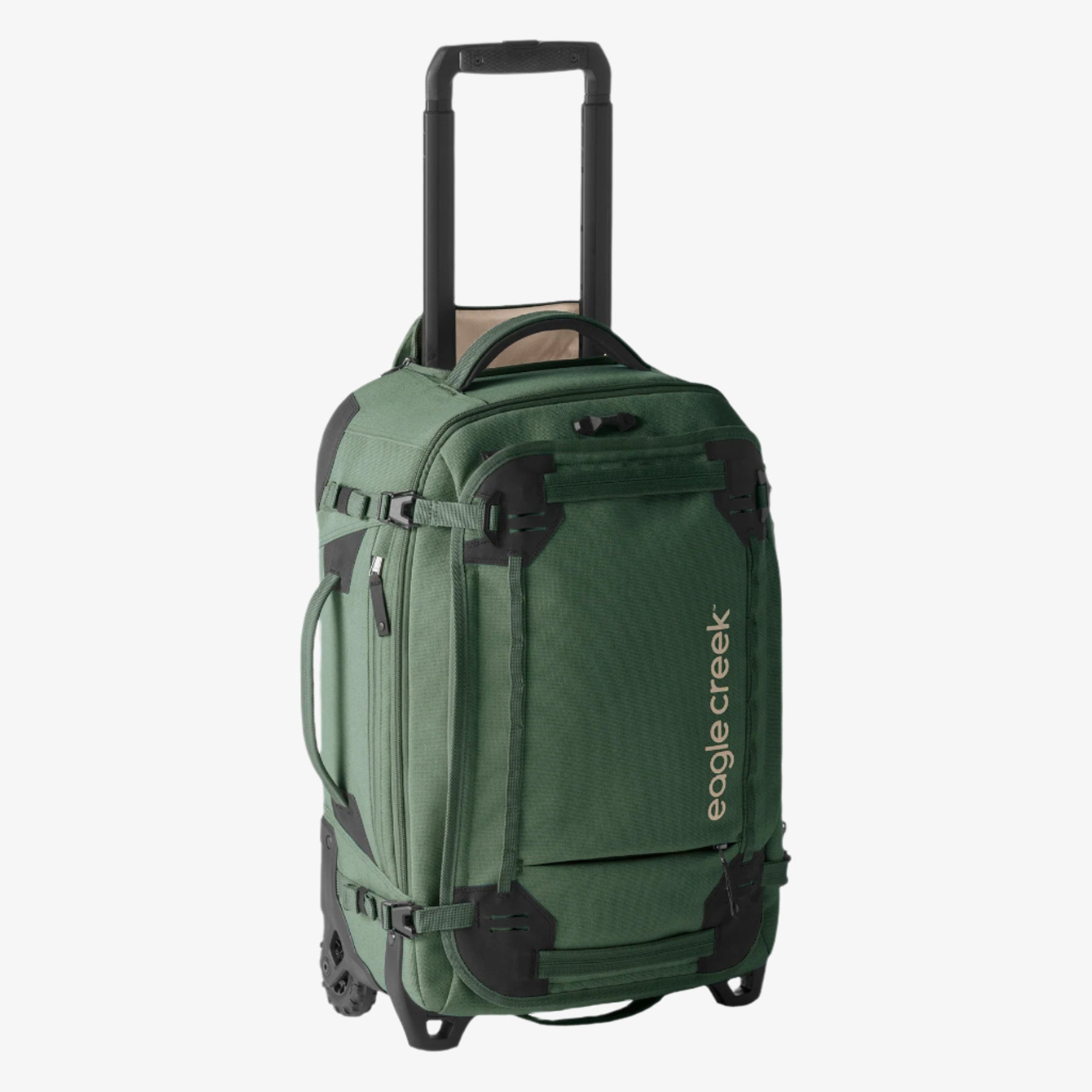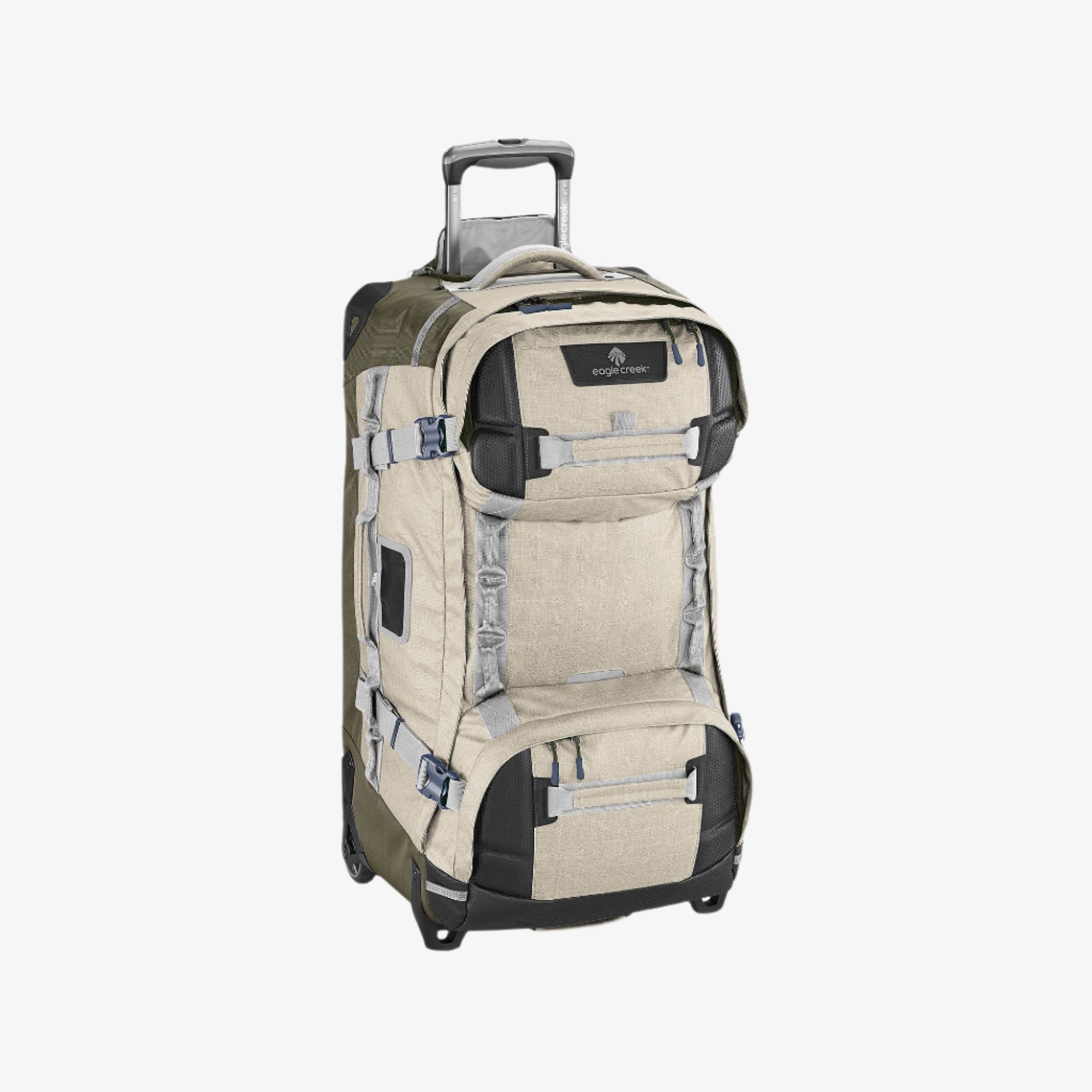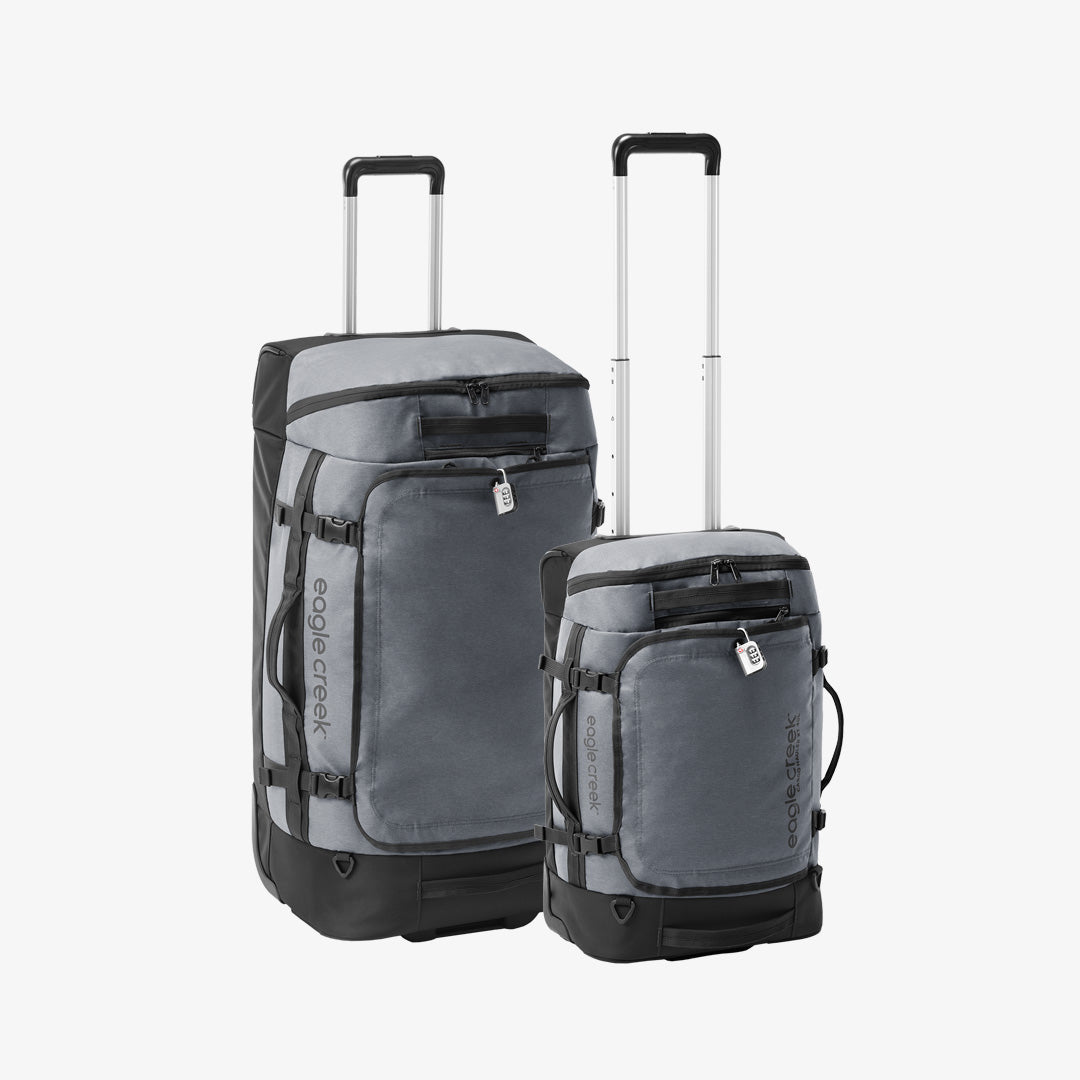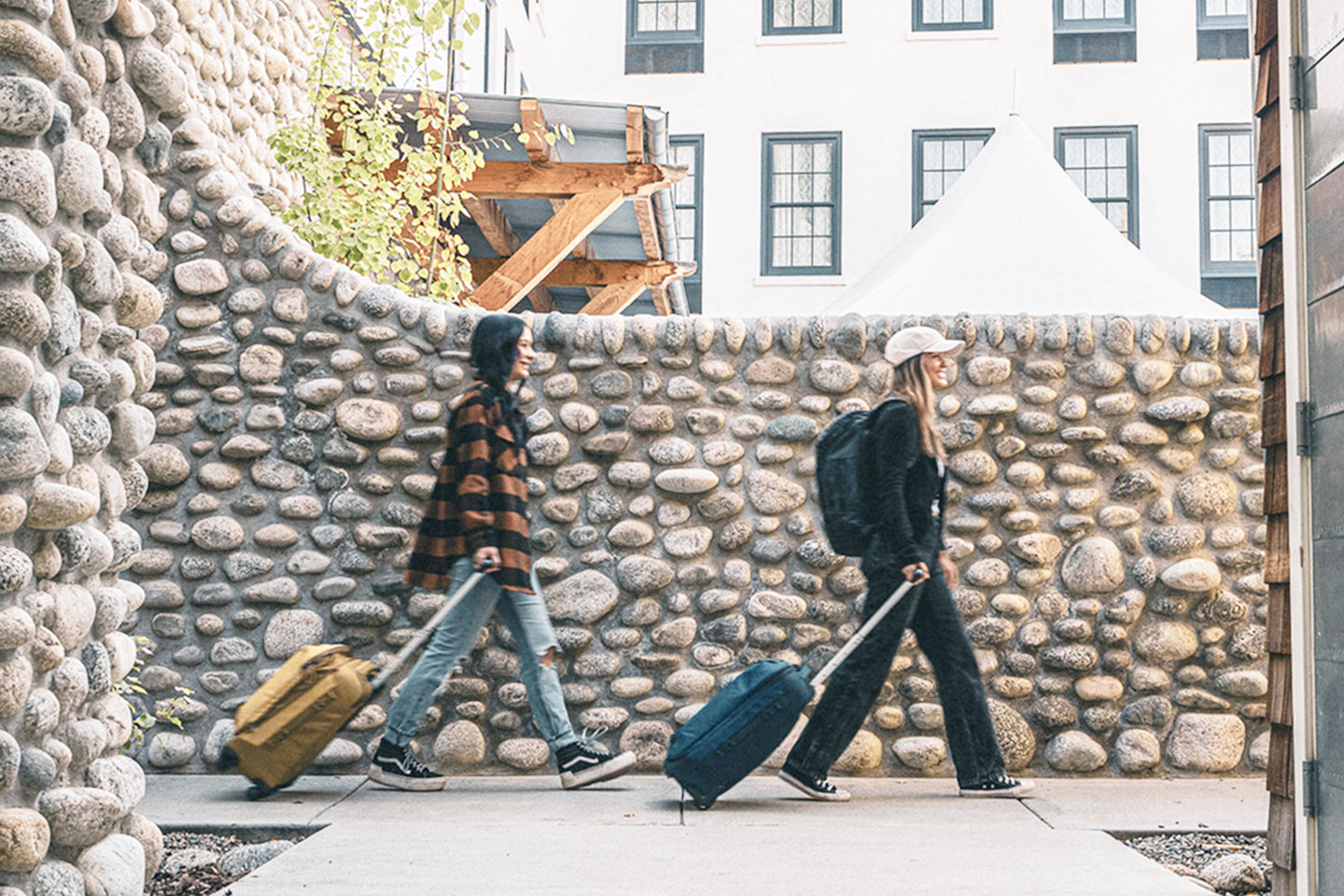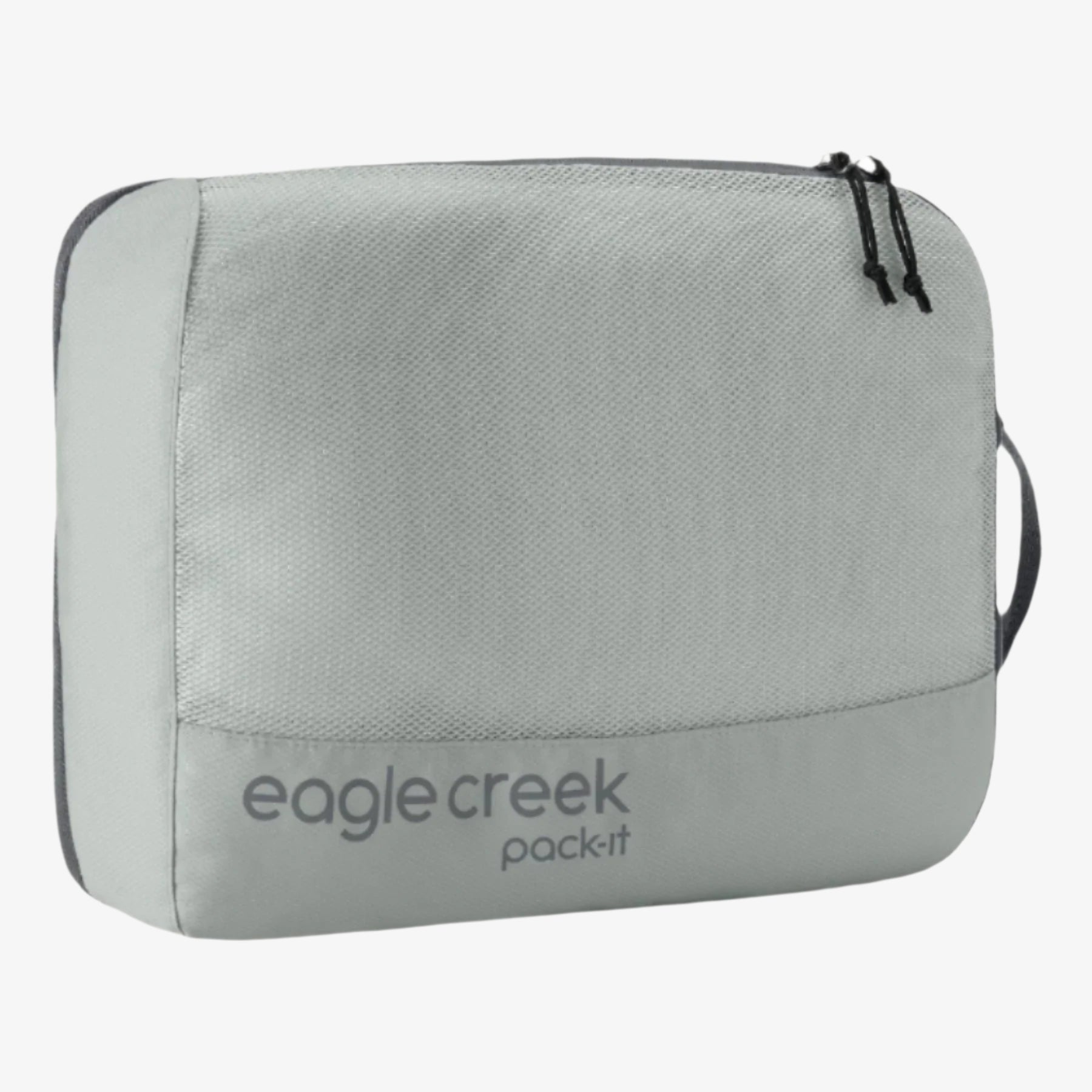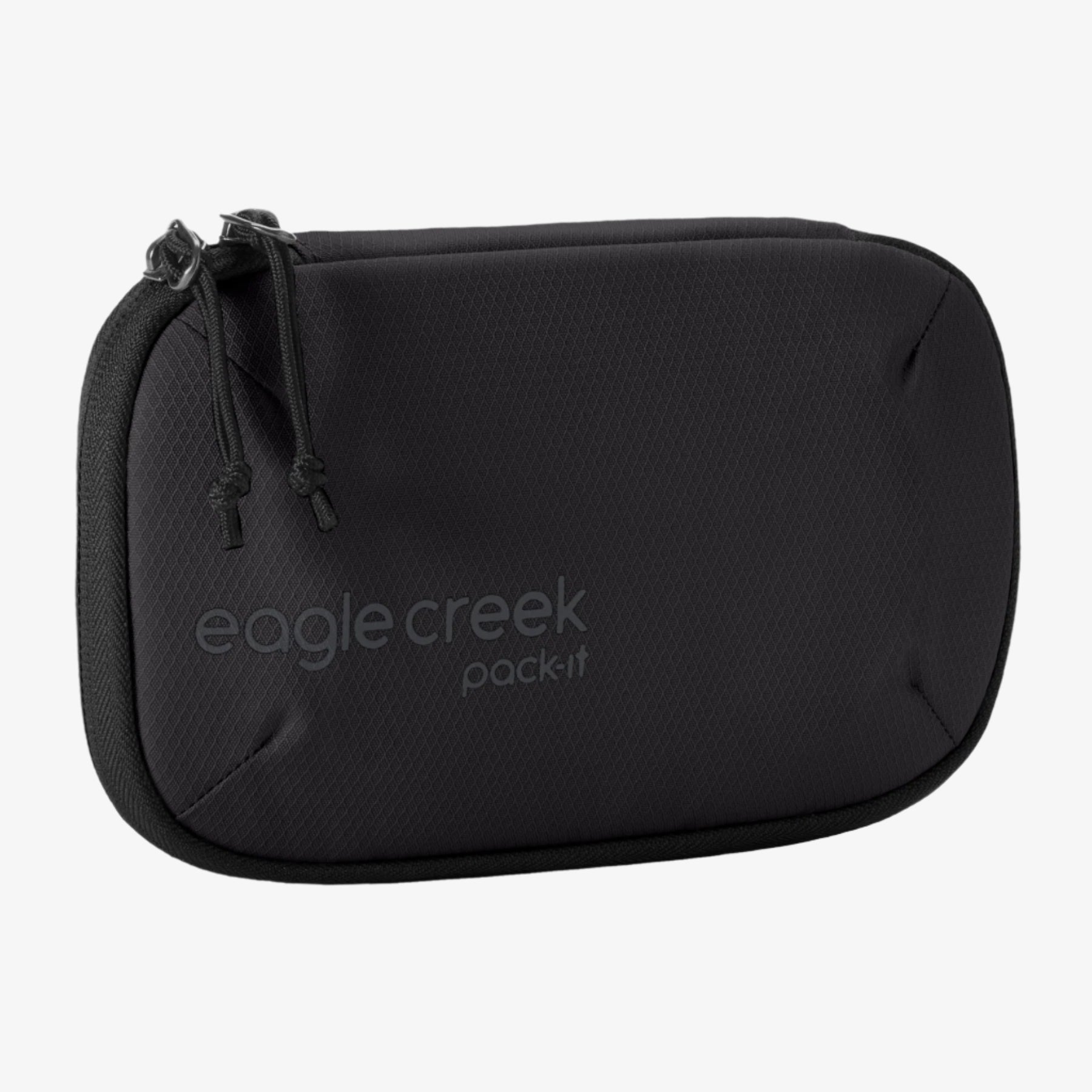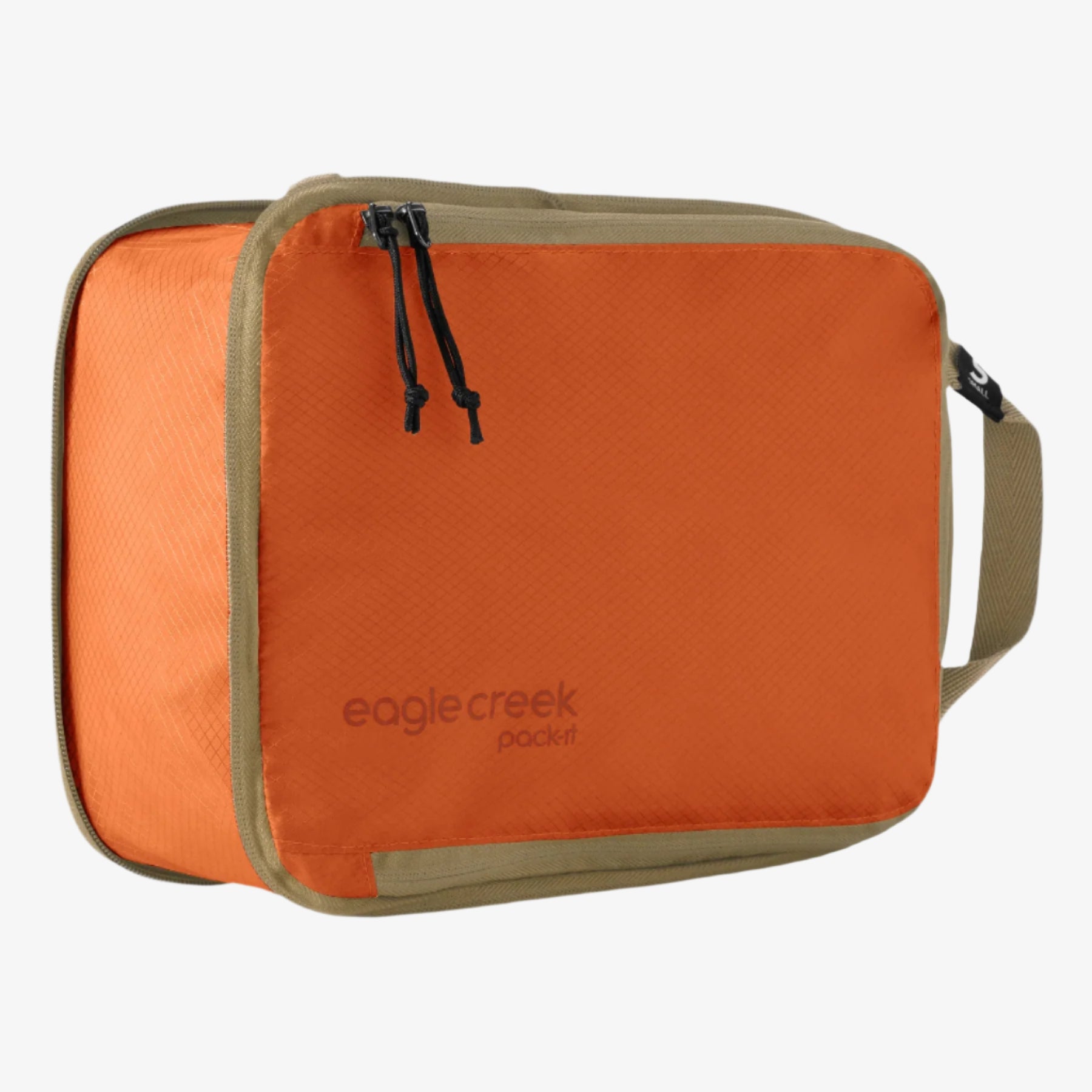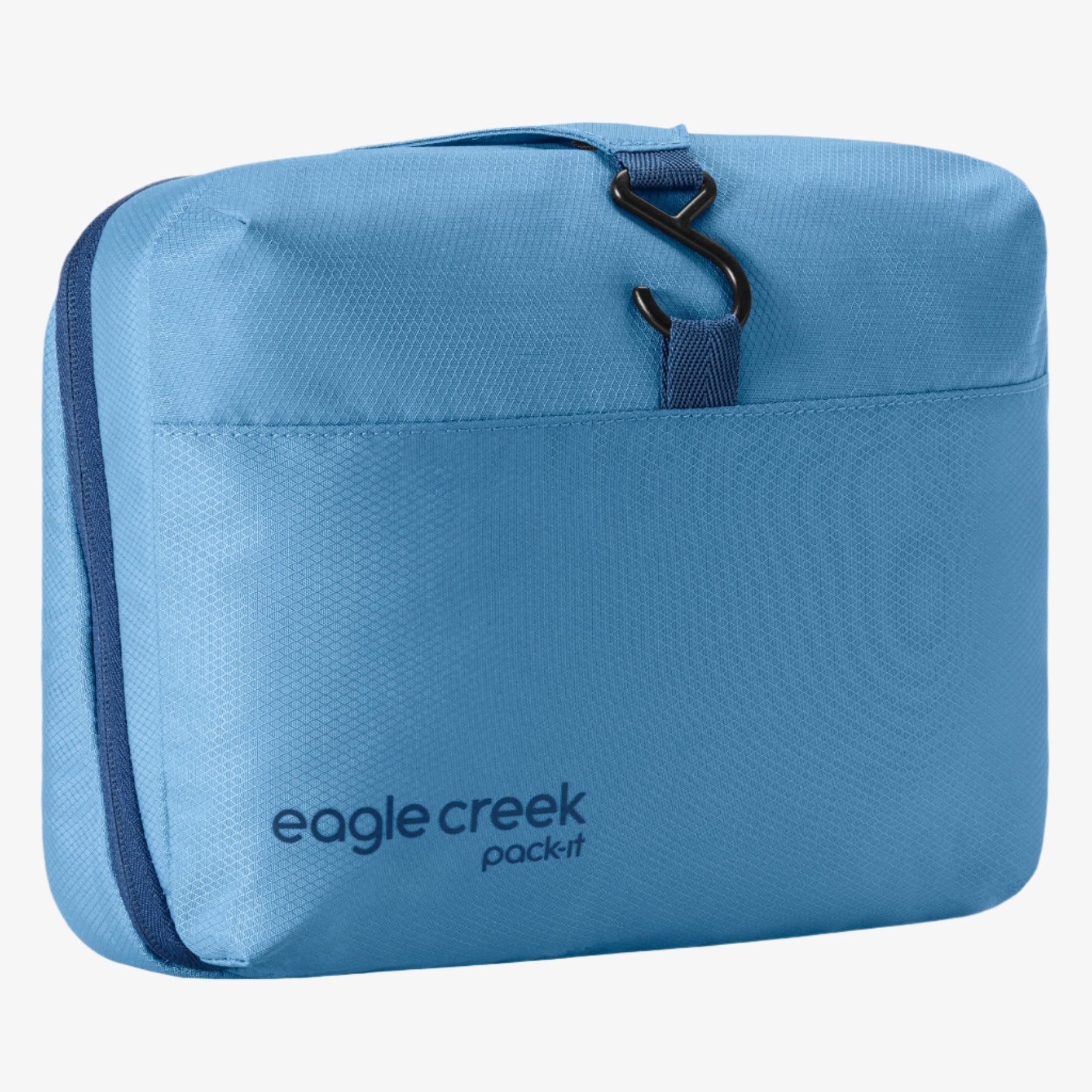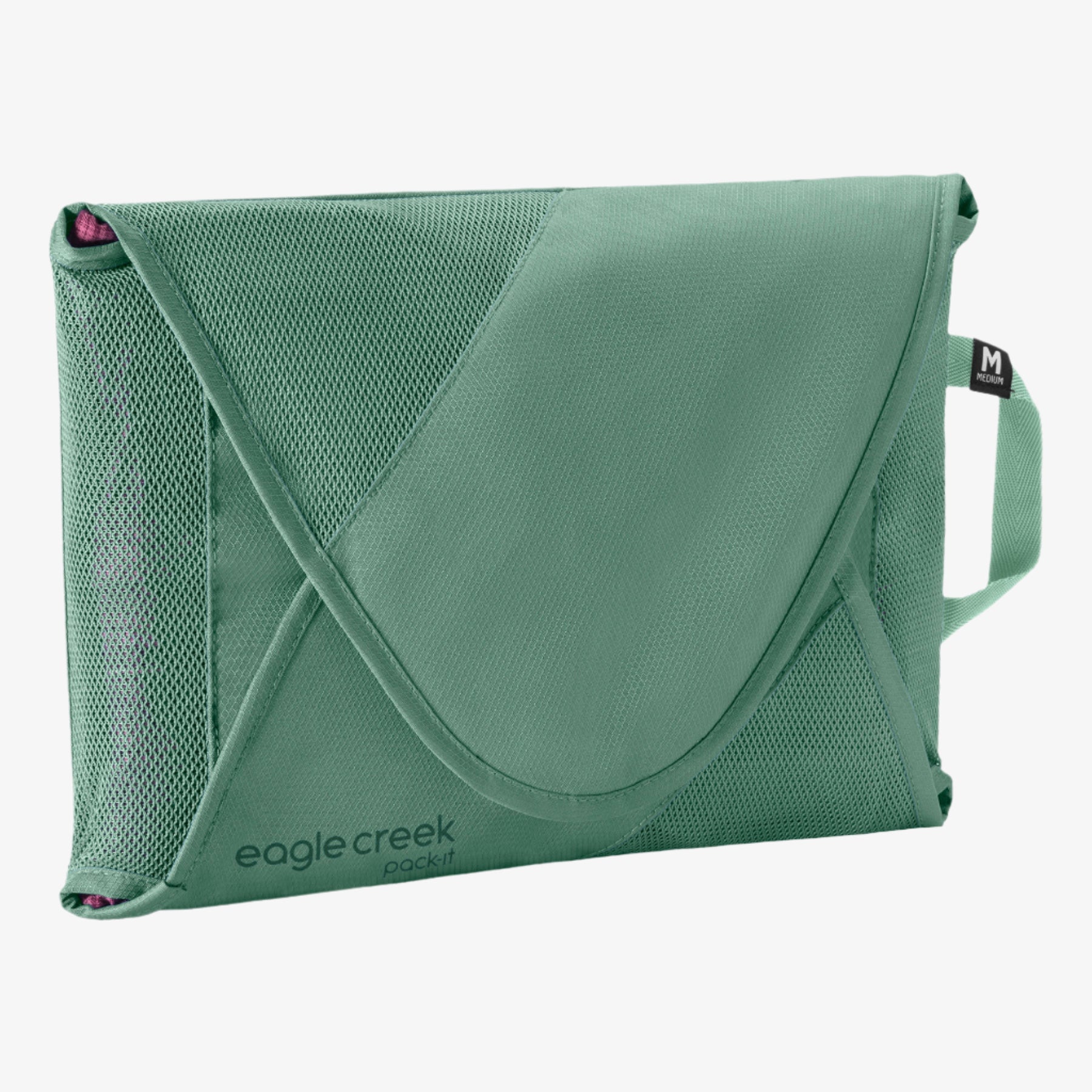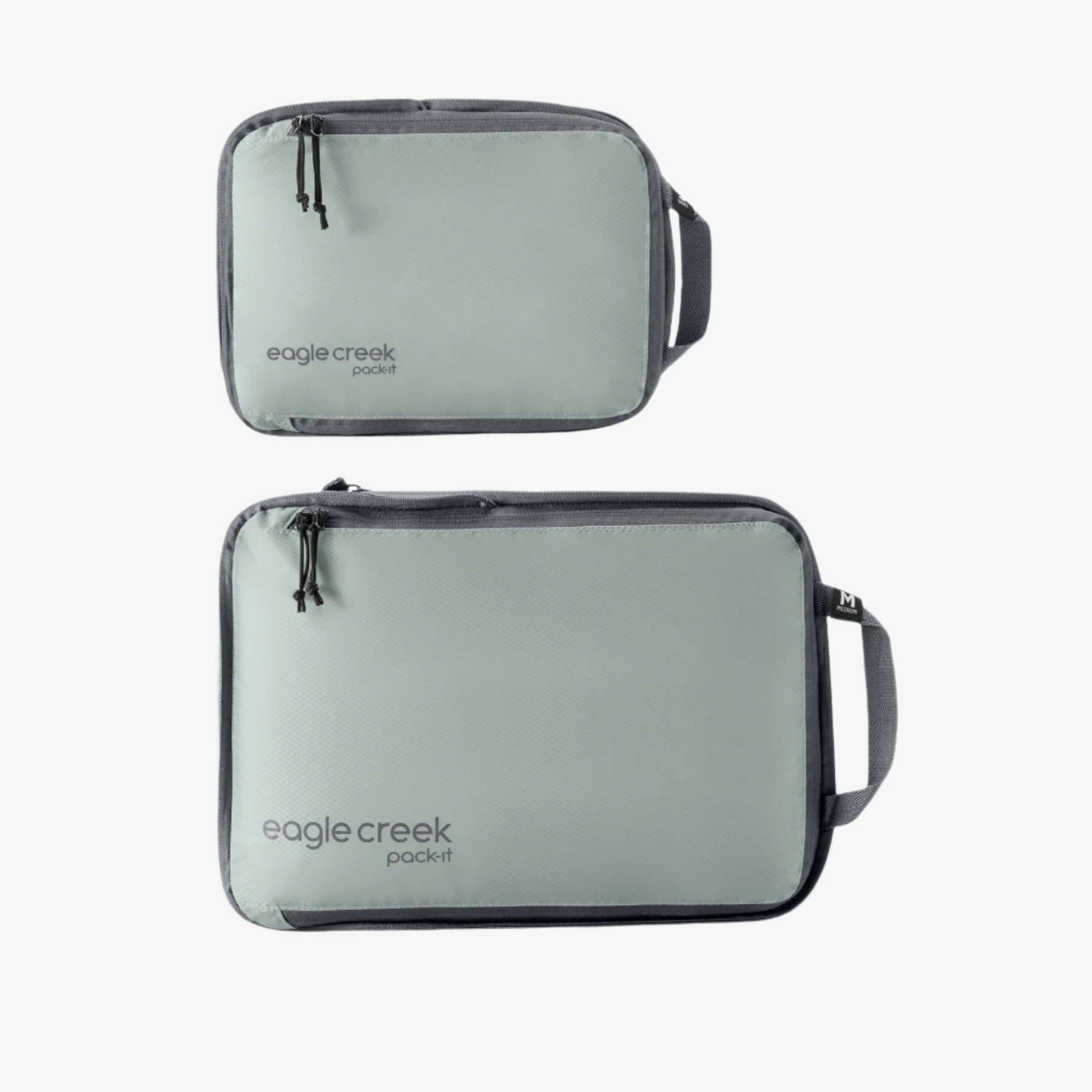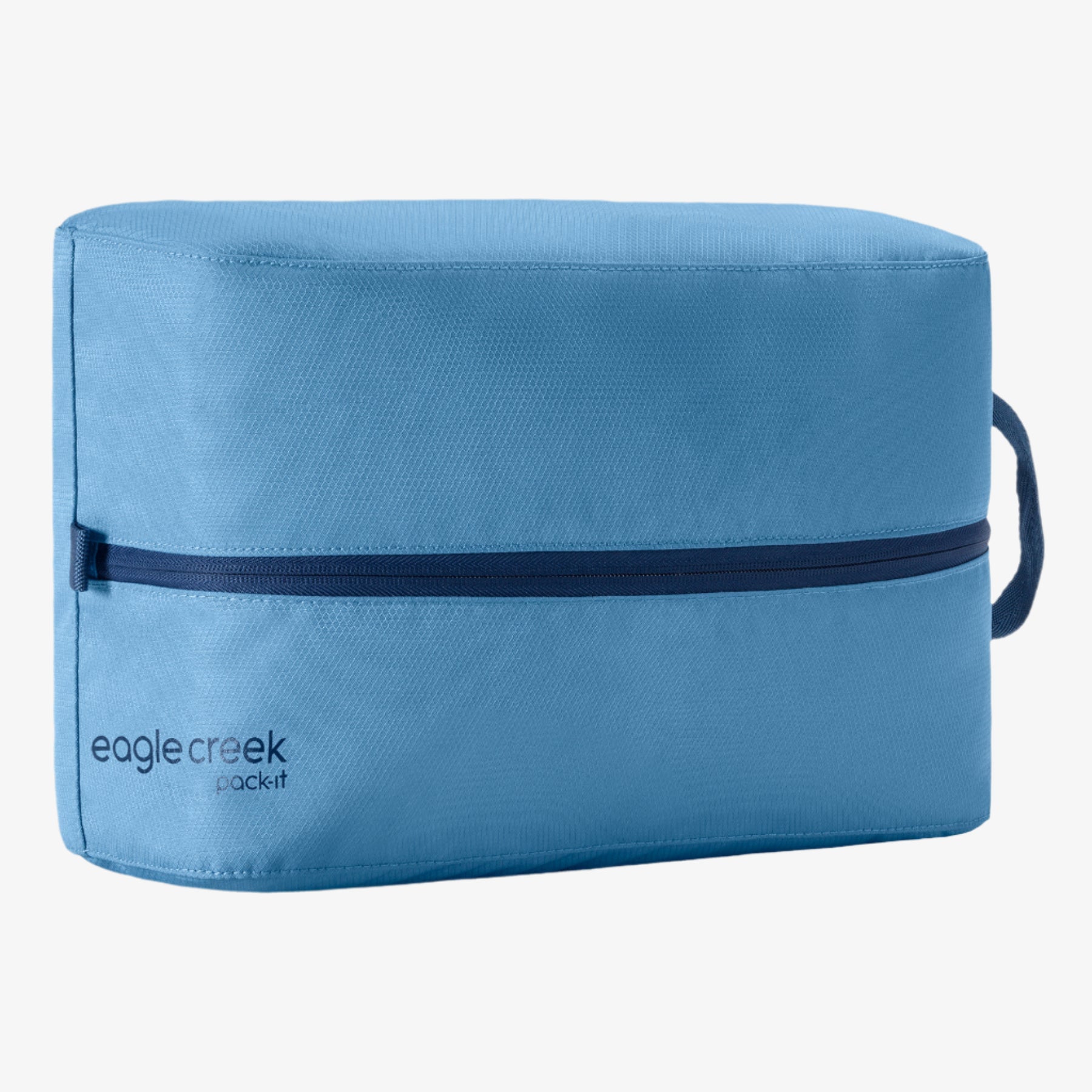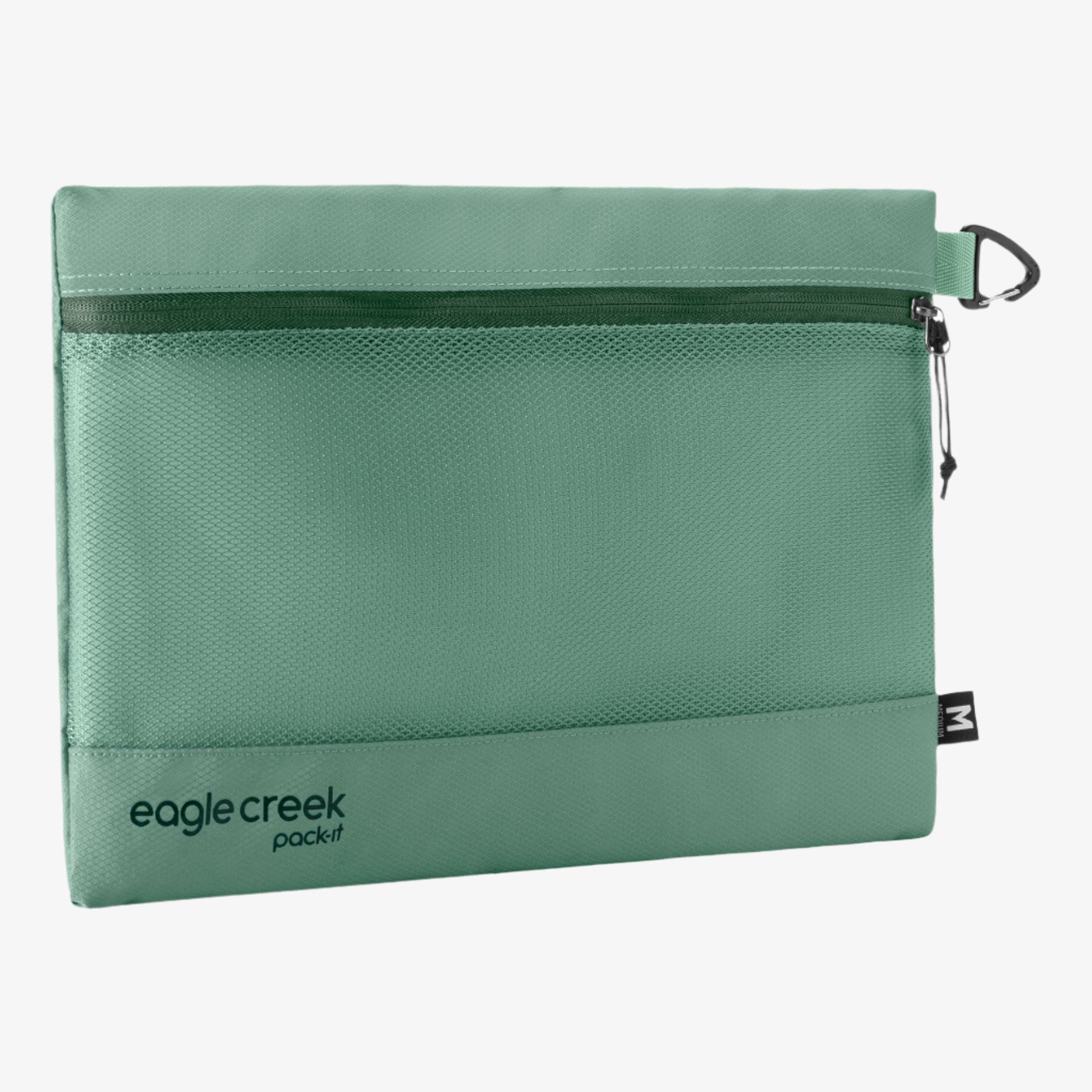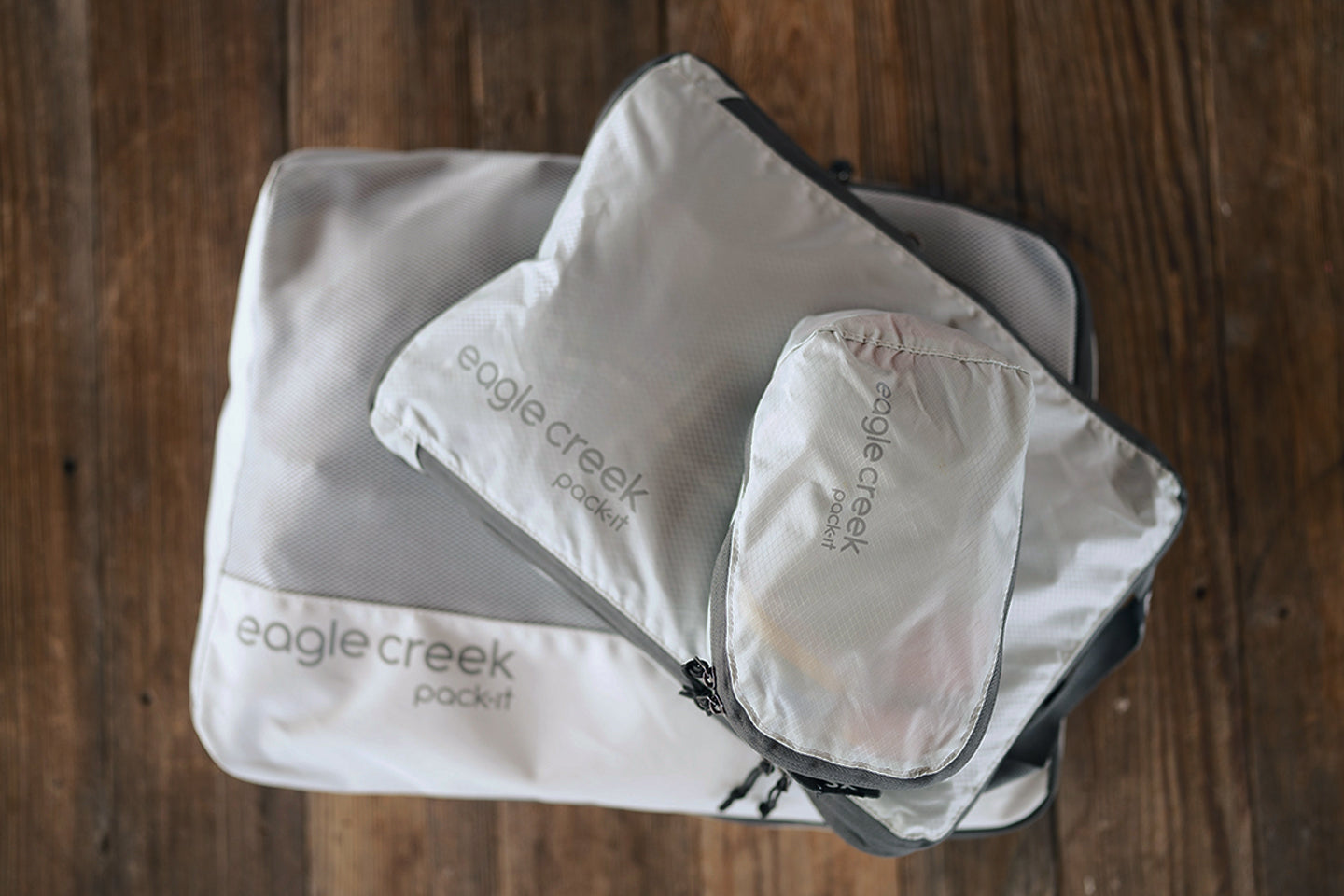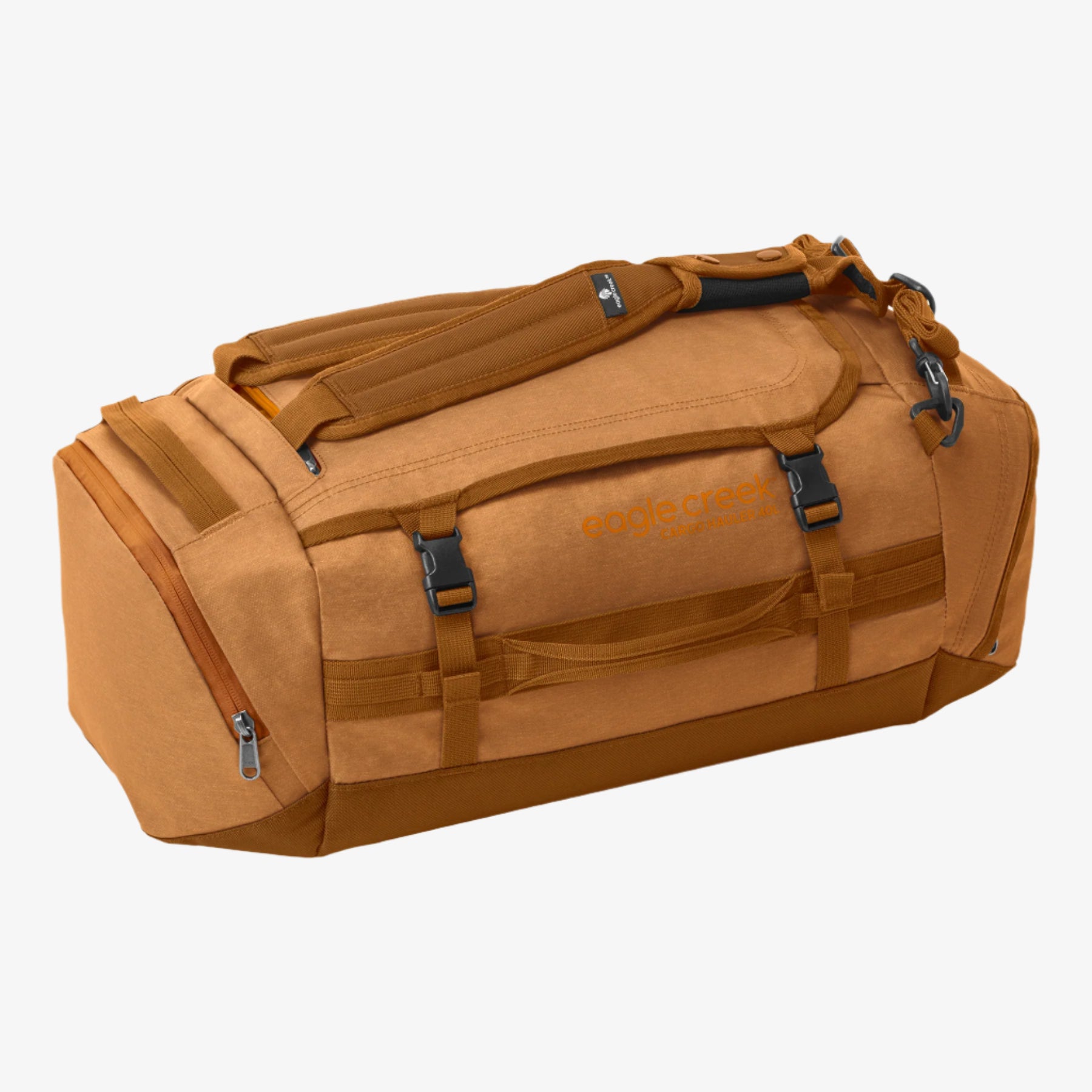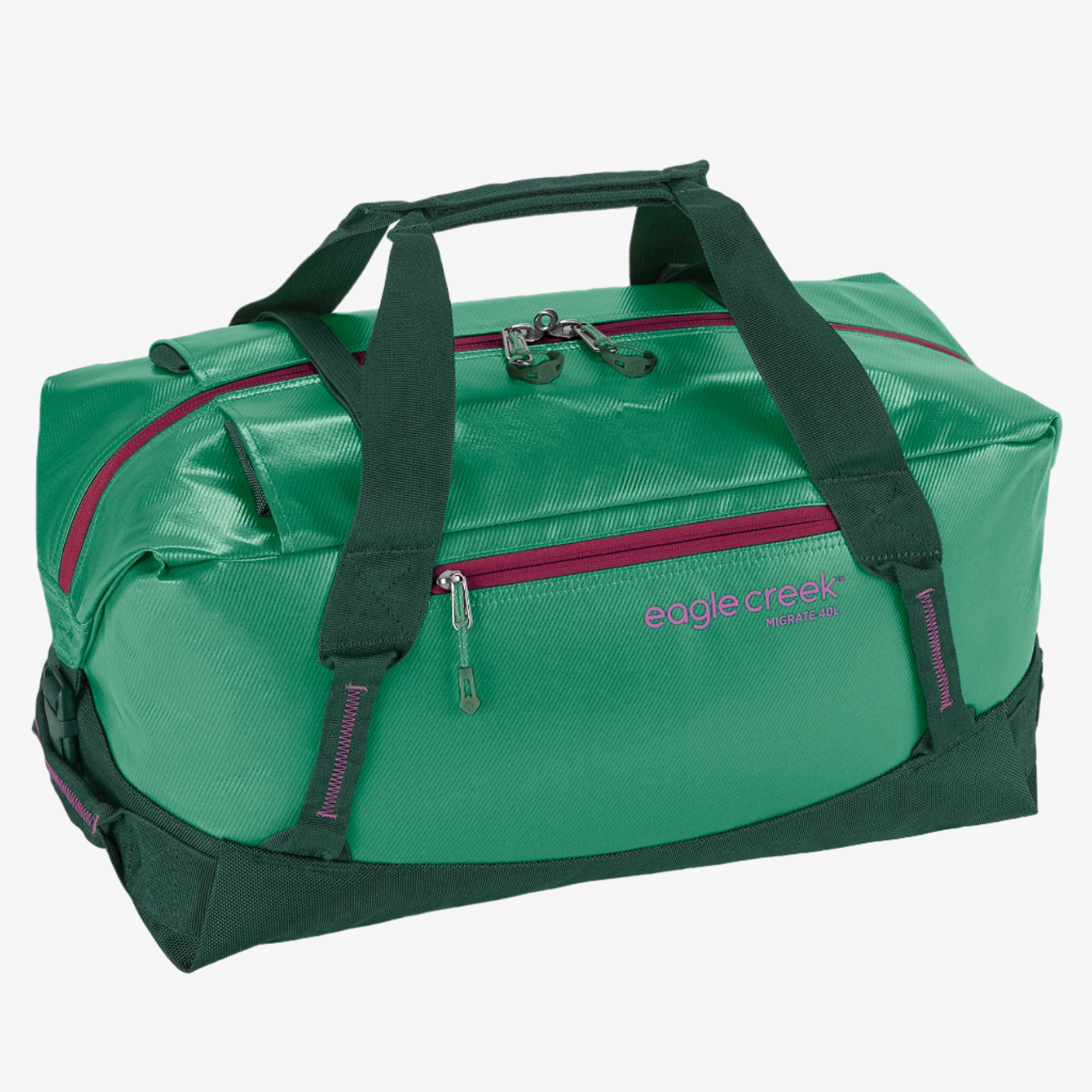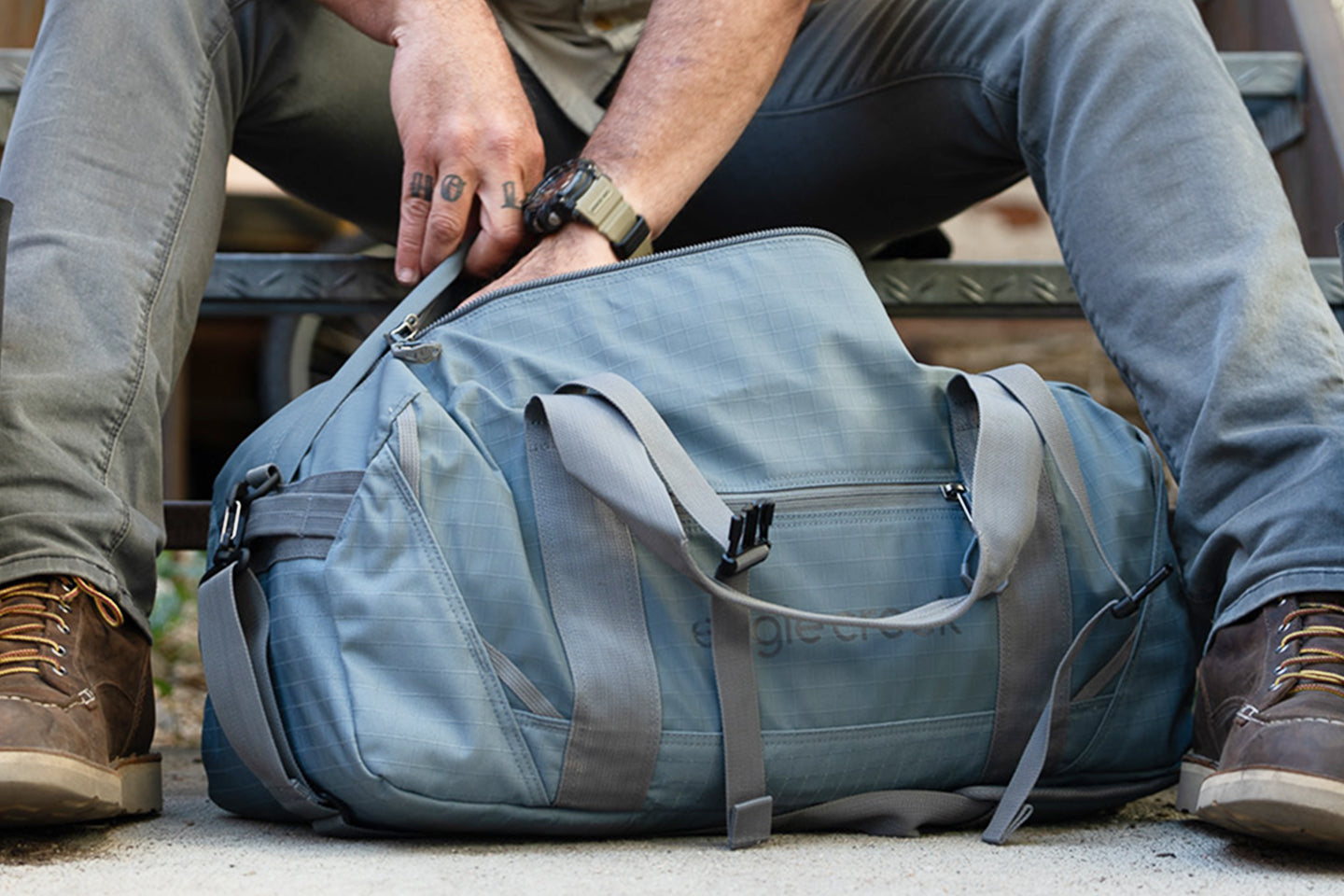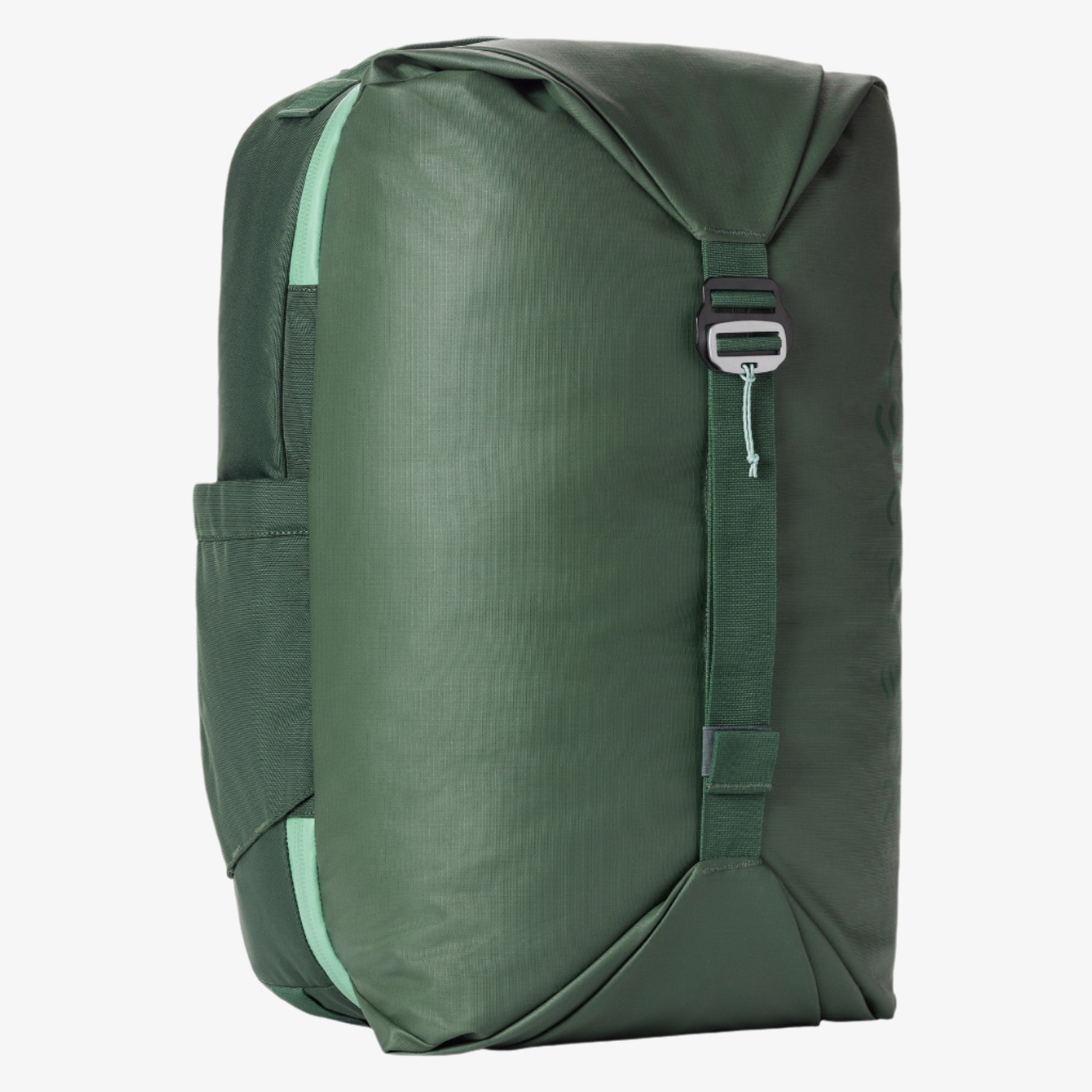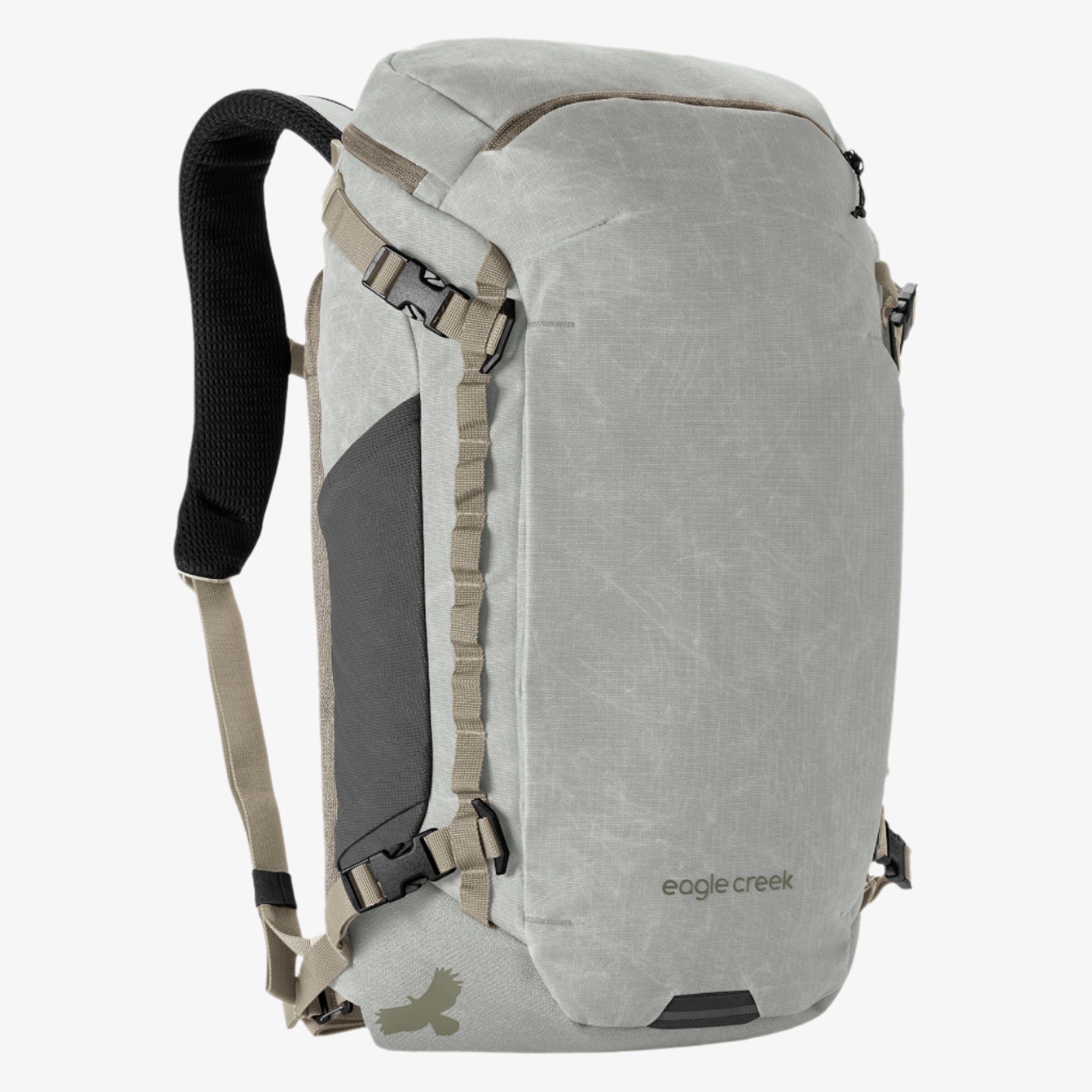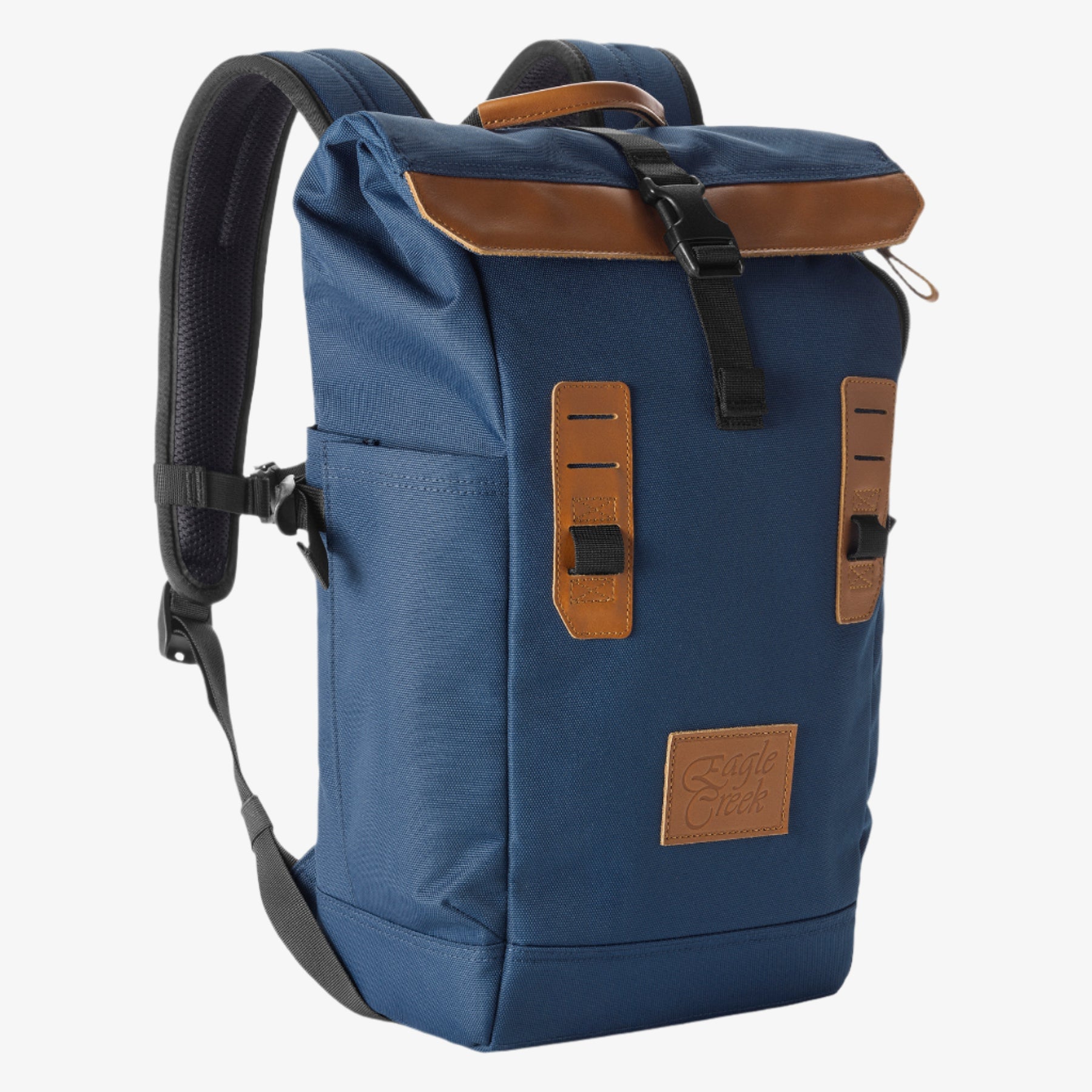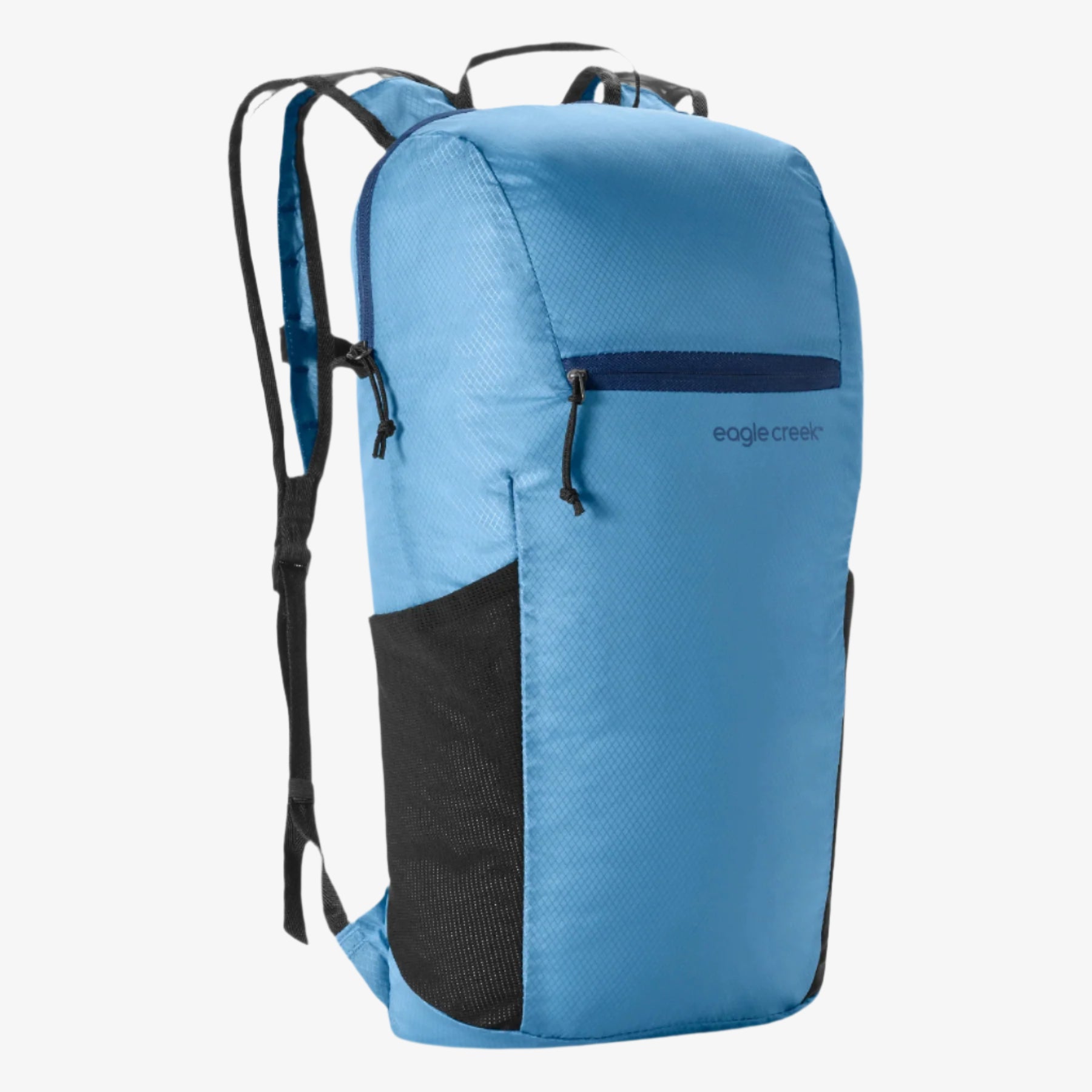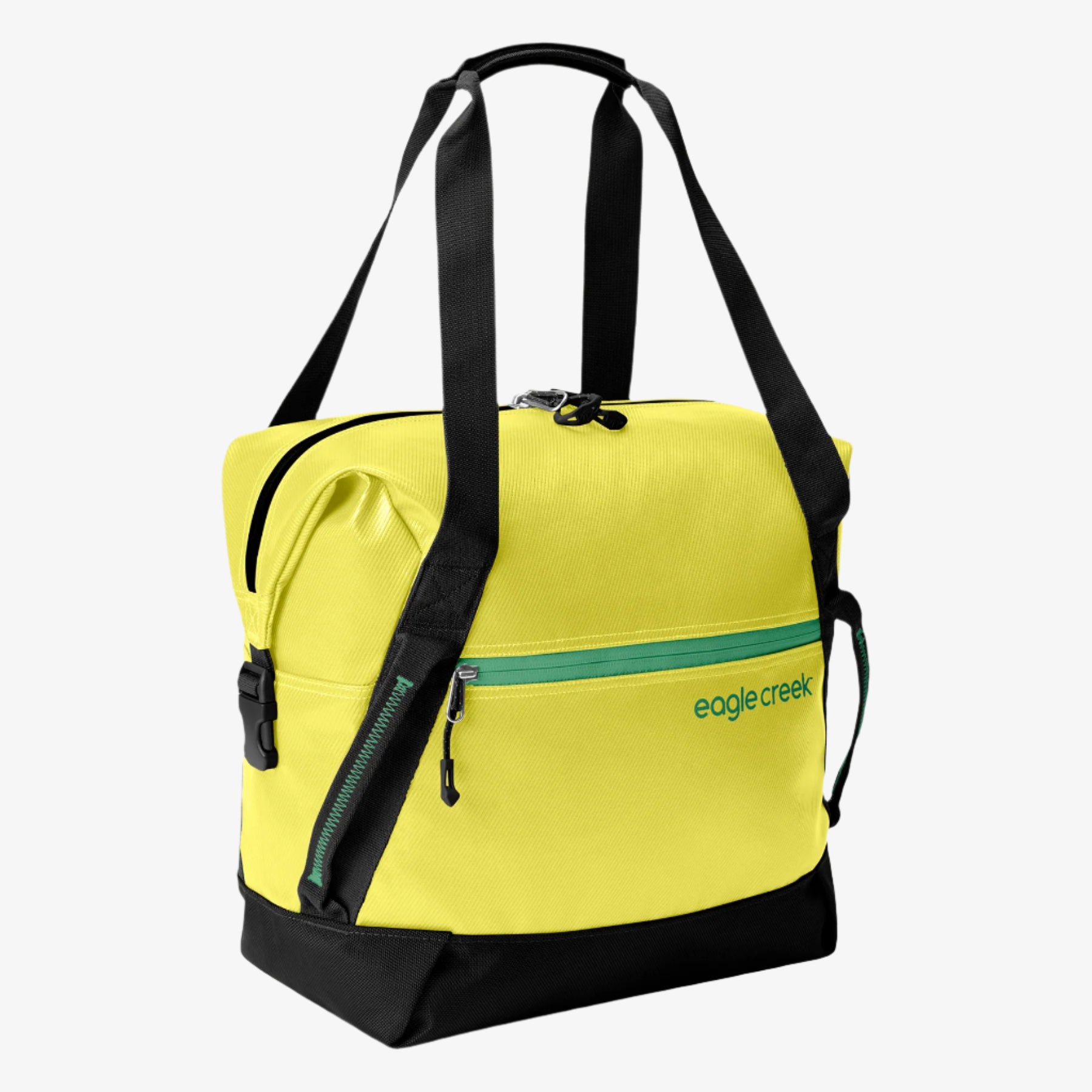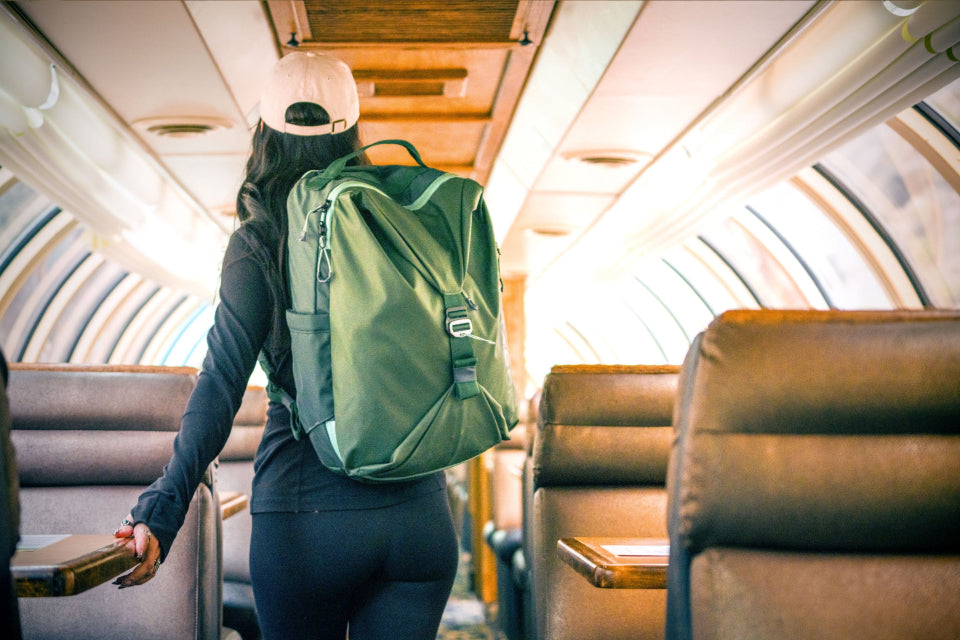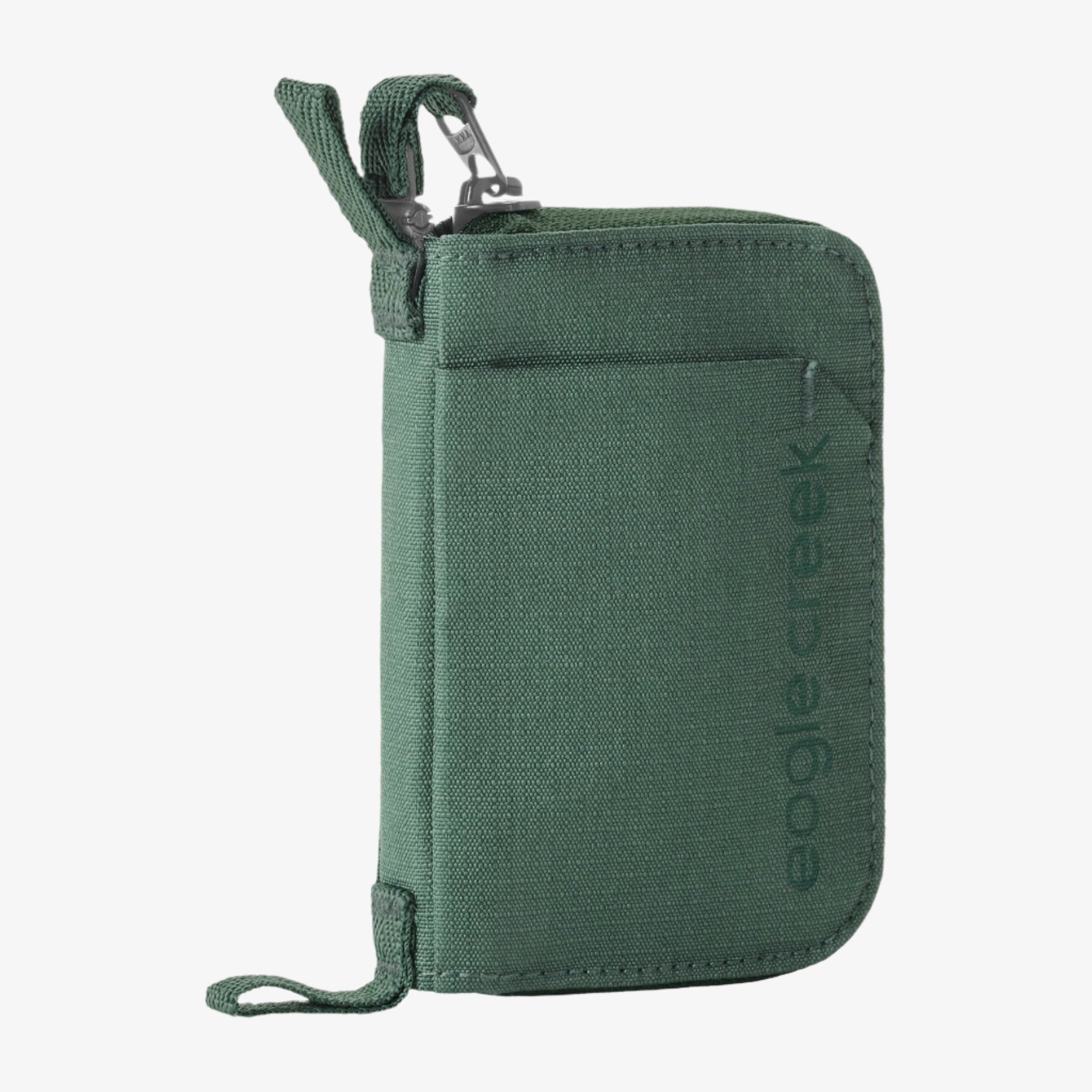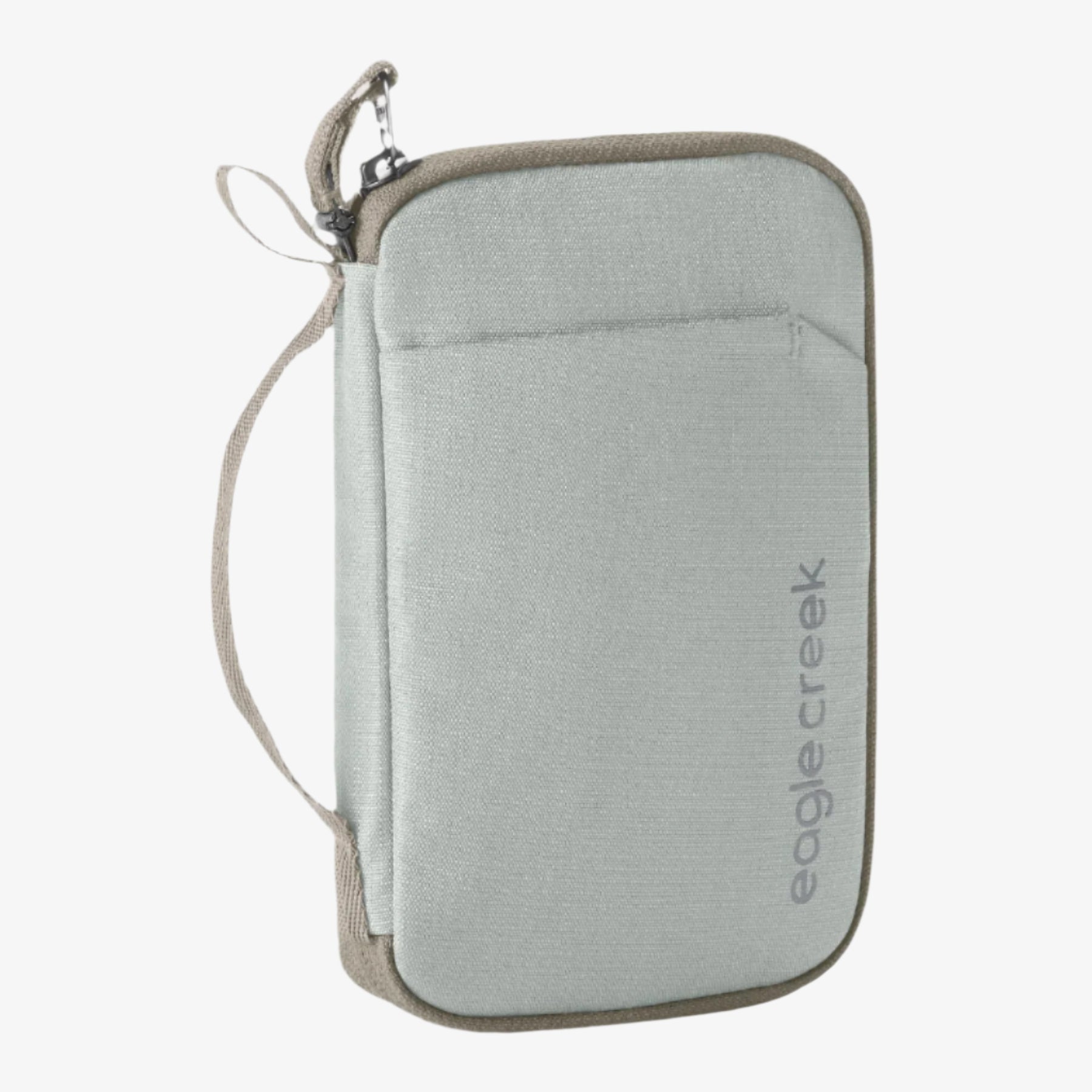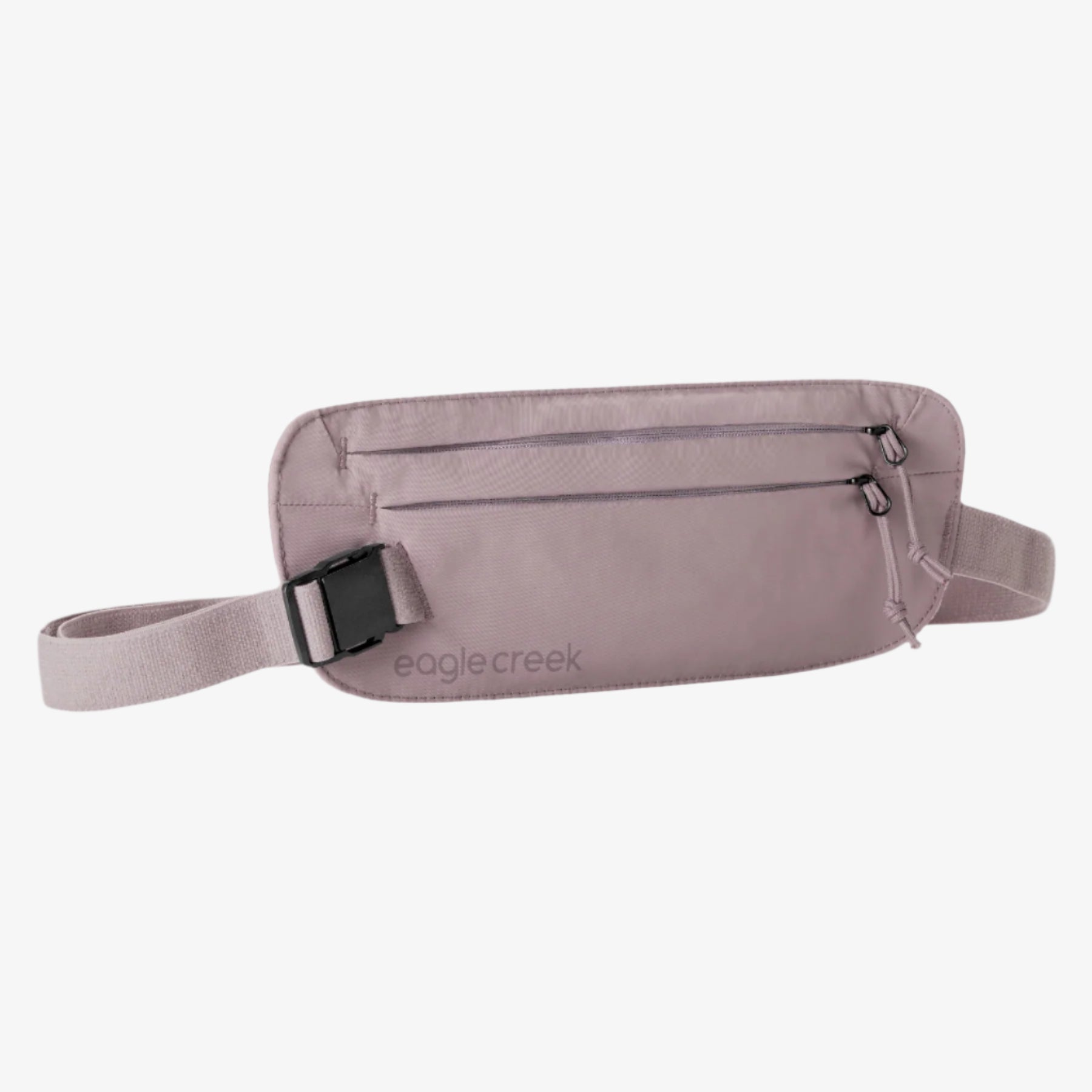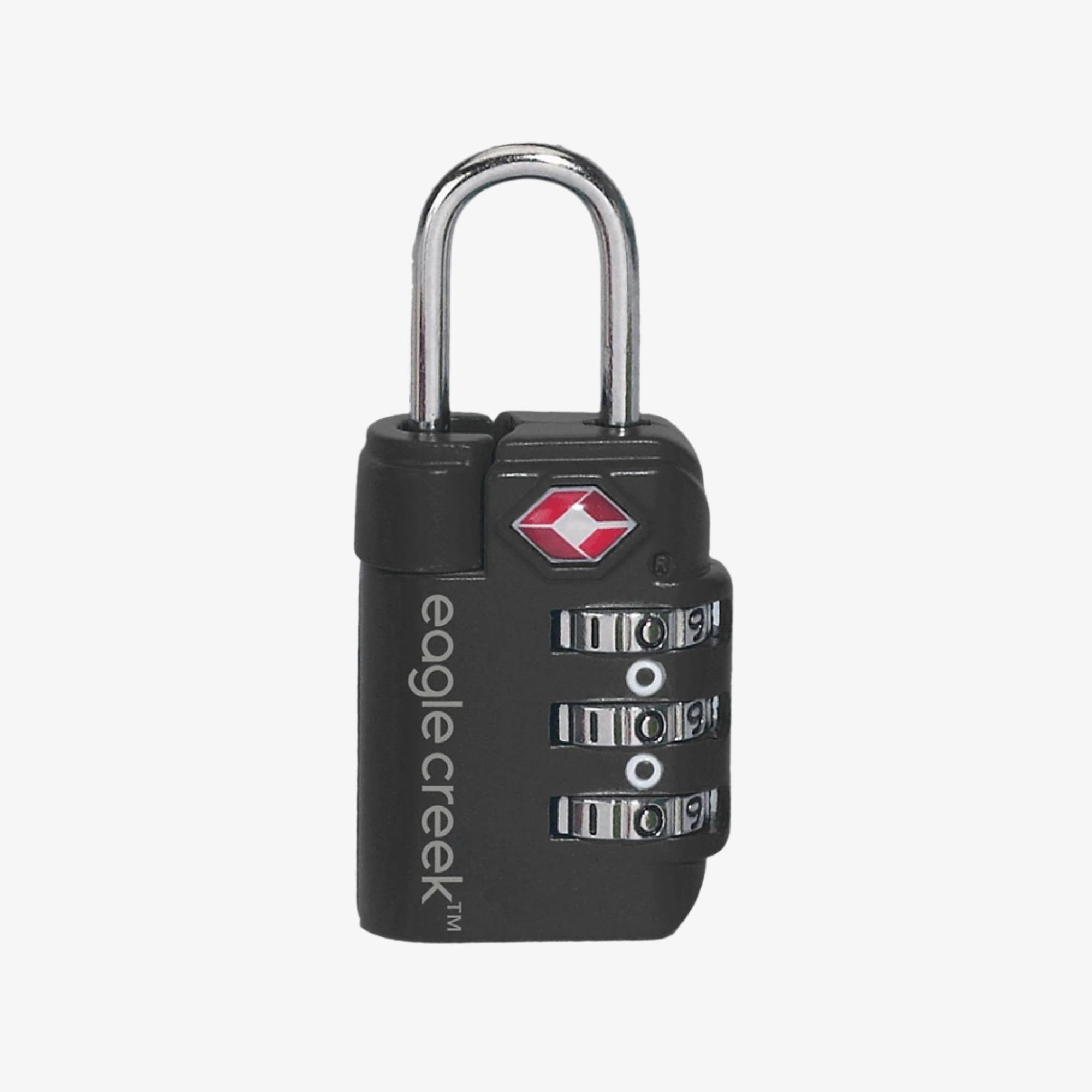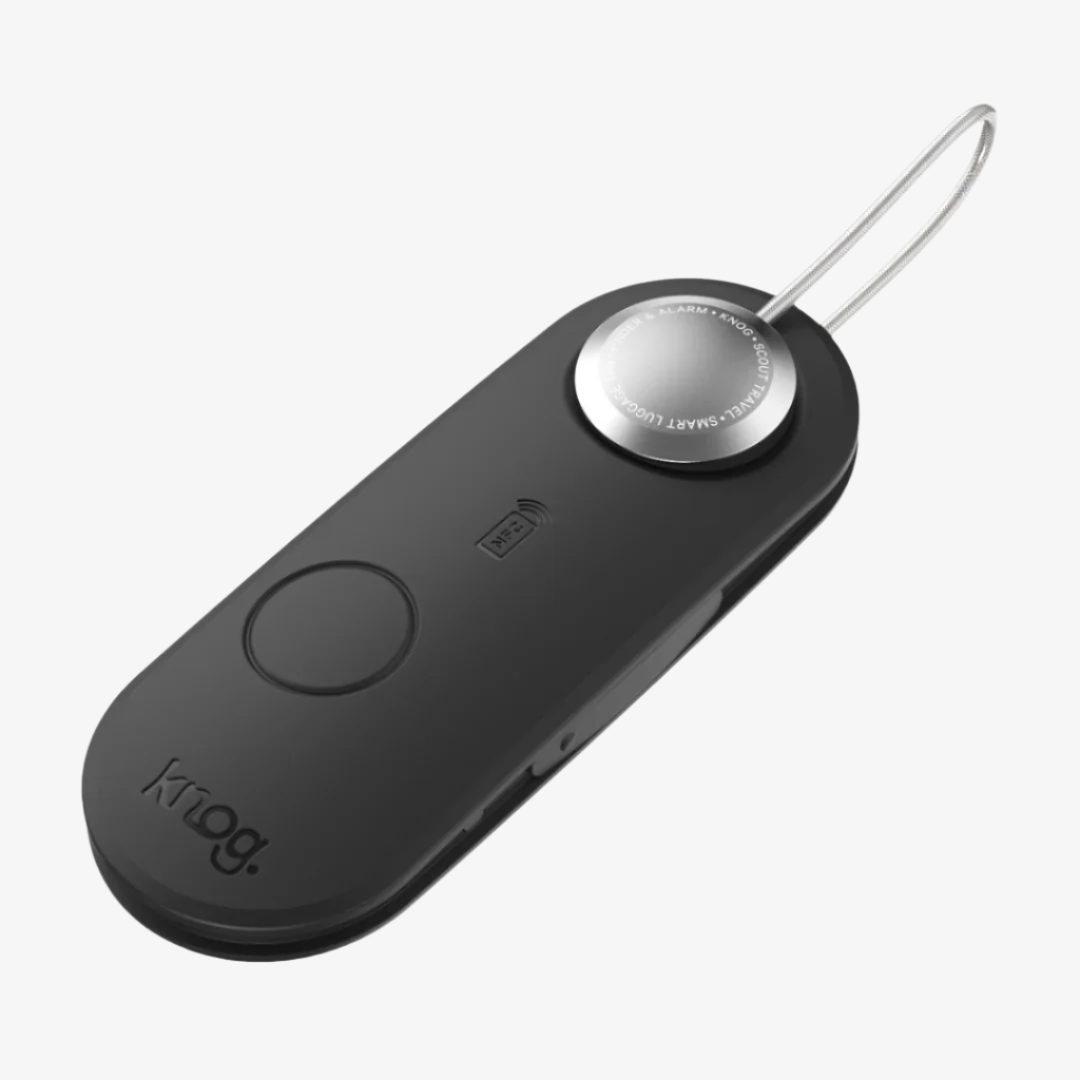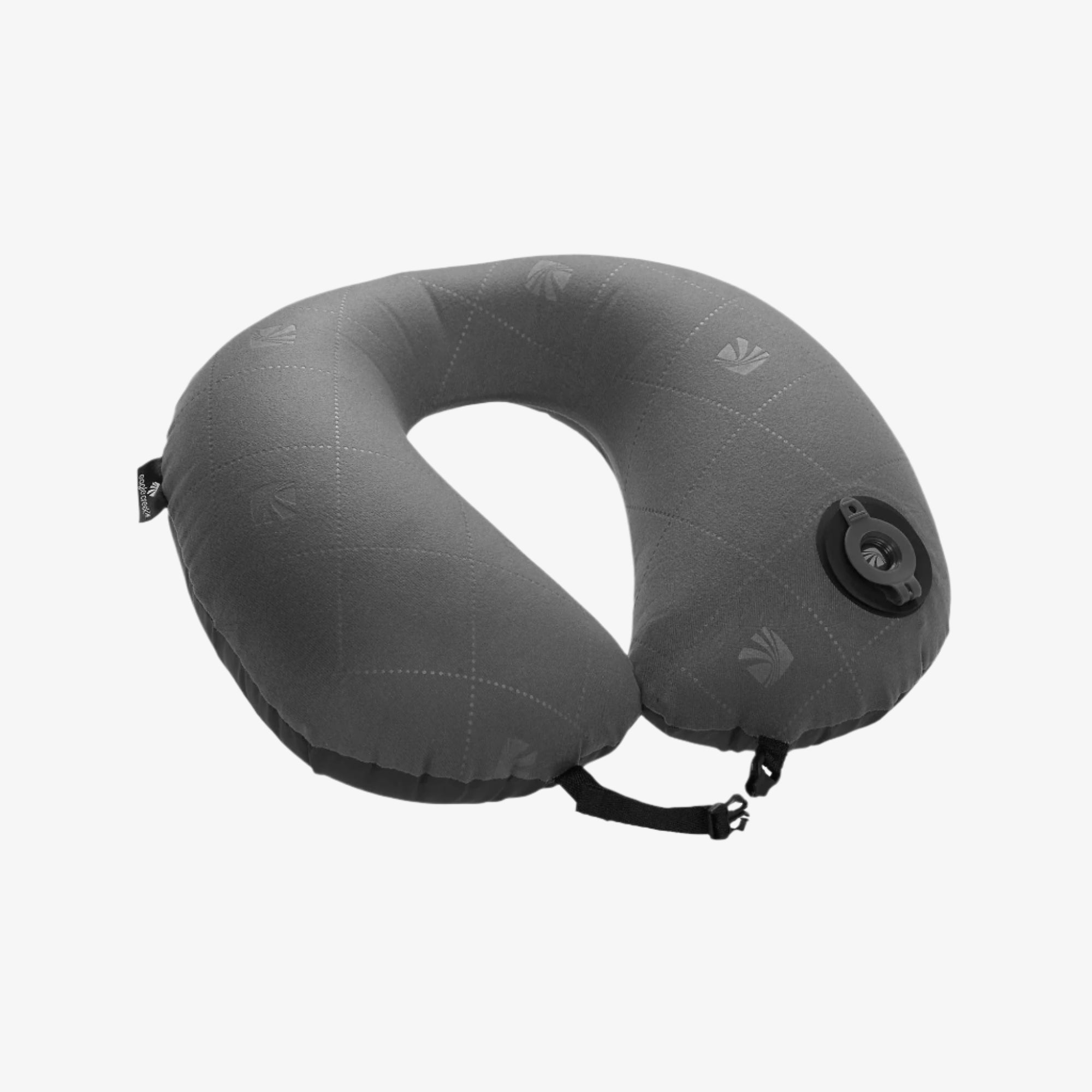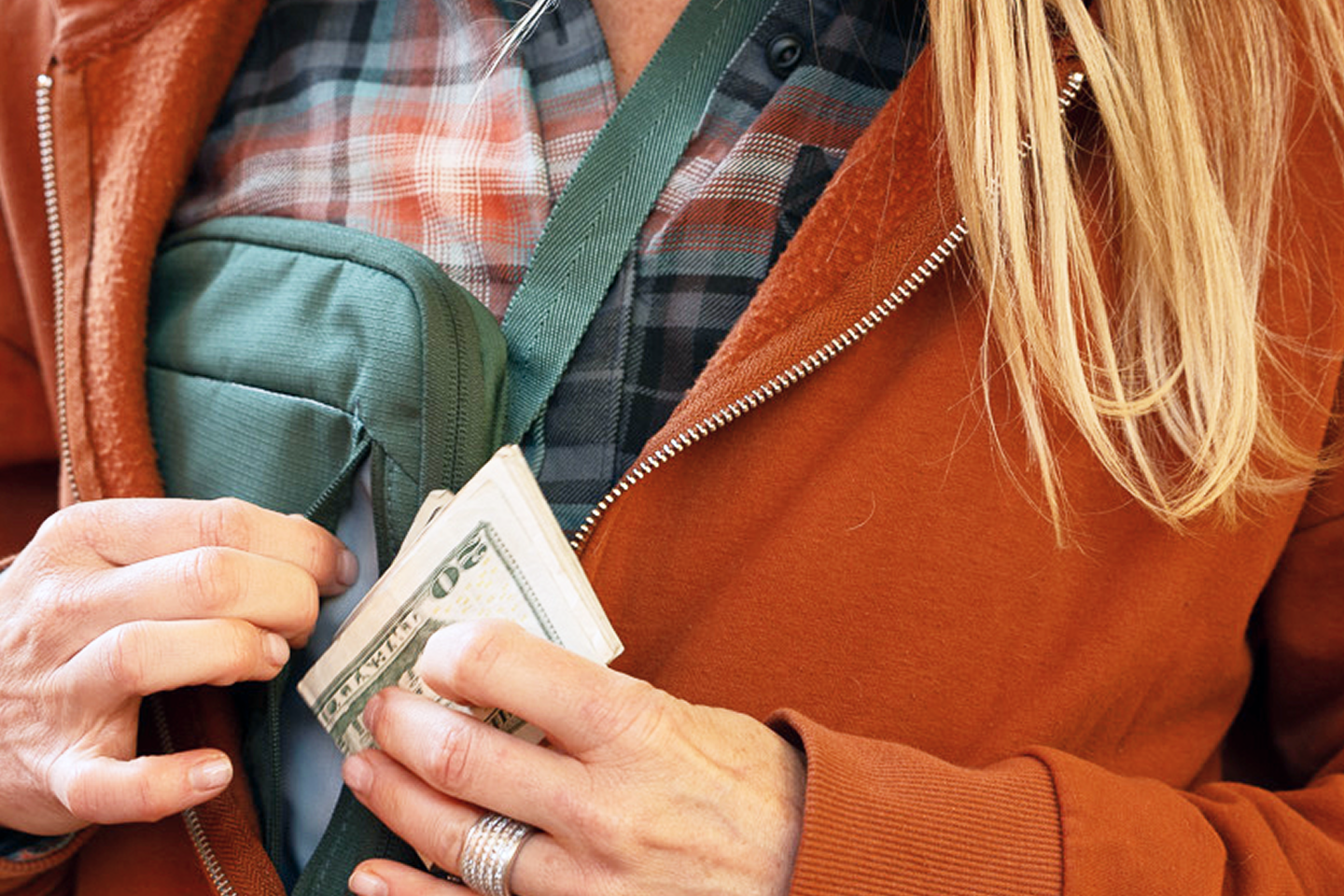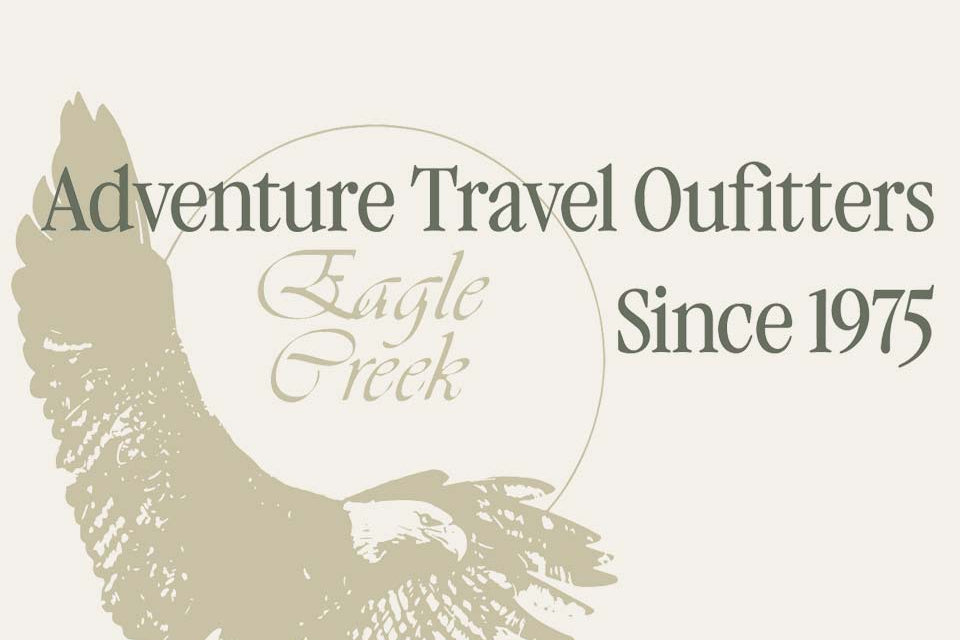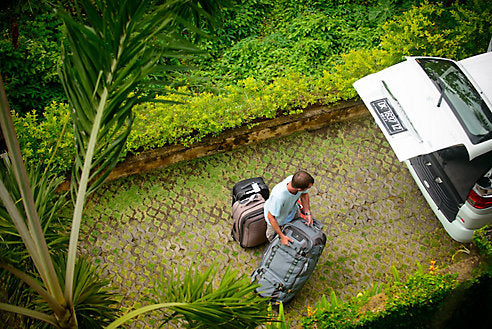How to Pack Oversized Items When Flying

WHETHER YOU’RE TOTING A GUITAR, A BIKE, OR A STROLLER, THERE ARE PLENTY OF RESTRICTIONS WHEN IT COMES TO CHECKING AND CARRYING ON LARGE, BULKY ITEMS. FOLLOW THIS CHECKLIST TO MAKE SURE THAT YOUR ITEM MAKES IT ON BOARD—AND ARRIVE SAFELY AT YOUR FINAL DESTINATION.
When you're preparing for a flight, packing normal items, like clothes, shoes or a laptop into a packing cube, is no big deal. But what do you do if you need to bring carry on bags, checked bags or oversized items that are large, awkwardly shaped, heavy and/or fragile?
Problematic items may include: kids' stuff (like strollers, car seats), medical equipment, musical instruments, and bikes. If you don't plan ahead, you could get charged with pricey airline baggage fees or the airline might prohibit you from flying with the item.
Unfortunately, there isn't one set of rules that all airlines follow—each one has a different policy. But this summary, below, simplifies the policies of three popular airlines, so you can stress less and save more!
*Note: An item's "linear inches" or "dimensional inches" can be calculated by adding its length, width and height.
Kids' Stuff
Delta: Children's strollers and seat restraints can be checked for free. If there is an open seat next to you, you can bring a seat restraint on board for free. A booster seat also counts as free carry on bags, as long as they don't exceed 45 linear inches (114 centimeters).
American: You can carry on an approved safety seat, an umbrella stroller, and a diaper bag for free. You can check a stroller for free as long as it's fully collapsible and weighs less than 20 pounds (9 kilograms). If your stroller is bigger than that, you can still check it for free, but the airline strongly discourages it to avoid damage.
United: You can check either one stroller or one car seat free of charge.
Medical Supplies/Equipment
Delta: Medical supplies count as free carry-on bags, as long as they are less than 45 linear inches (114 centimeters). (For instance, you could put them in a lightweight carry-on bag) Otherwise, you can check them. A breathing apparatus can't exceed 150 pounds (68 kilograms). Needles and syringes are permitted in carry on bags if they're accompanied with medication that has a pharmaceutical label.
American: Hearing aids and other approved medical devices can be carried on for free. If a passenger must travel with oxygen, 48 hours notice is required.
United: Assistive devices (collapsible wheelchair, cane, crutches, medical devices, portable oxygen, etc.) can be carried on for free.
Musical Instruments
It's best to pack any musical instrument in a hard shell case for protection. If you're bringing a stringed instrument, loosen the strings to protect the neck from damage due to expansion and contraction, which result from temperature variations.
Delta: Guitars and instruments smaller than that (violins, clarinets, flutes, etc.) can count as carry-on bags. Otherwise, you have to purchase a separate seat for the instrument or check it. Regardless, it must be less than 115 linear inches (292 centimeters) and under 100 pounds (45 kilograms).
American: Small musical instruments may be carried on if they're less than 45 linear inches (114 centimeters) or if it's a guitar. Otherwise, you may be able to purchase a separate seat for the instrument or check the item. Bass fiddles are accepted only on certain aircraft types.
United: A musical instrument can be carried on if it can fit under your seat or in the overhead compartment. If not, it can be checked if it's under 70 pounds (32 kilograms) and less than 115 linear inches (292 centimeters). You'll be charged an extra fee if it's over 50 pounds (32 kilograms) or over 90 linear inches (229 centimeters).
Bikes
Make sure you pack a bike correctly. Handlebars must be fixed sideways and the pedals must be removed. Any loose items must be enclosed in plastic foam or something that's similarly protective (such as a Pack-It eCube). The bike must be in a hard-sided case, bag or box.
Delta: You can check a bike on most flights. A bike must not exceed 100 pounds (45 kilograms) or 115 linear inches (292 centimeters). Bikes over 70 pounds (32 kilograms) will be charged an excess weight fee. You'll be charged a transport fee of $75 to $150 each way, depending on where you're going.
American: You can check a bike on most flights. If it's less than 62 dimensional inches (157centimeters) and under 50 pounds (23 kilograms), it costs the same as a checked bag ($25). It it's bigger or heavier, American will charge you $150. But the bike can't exceed 70 pounds (32 kilograms) or 126 inches (320 centimeters).
United: You can check a bike on most flights. If the bike weighs over 50 pounds (23 kilograms) and it’s more than 62 linear inches (157 centimeters), there’s a $100 charge each way for most domestic flights (and a $200 each way for most international flights).
Extra Considerations
You may want to (or you may be required to) sign a limited liability release form and generally pay up to $50 to cover damage of any items that are worth hundreds or thousands of dollars.
This is a general summary, but rules and airline baggage fees may vary, depending on your departure city and arrival city, as well as whether you're a preferred customer. Also, airline rules and airline baggage fees are subject to change. Always check your airline’s website or call the reservations department before your trip to double check!
Related Posts
Avoid Extra Charges! Common Airline Baggage Fees and Luggage Size Restrictions
